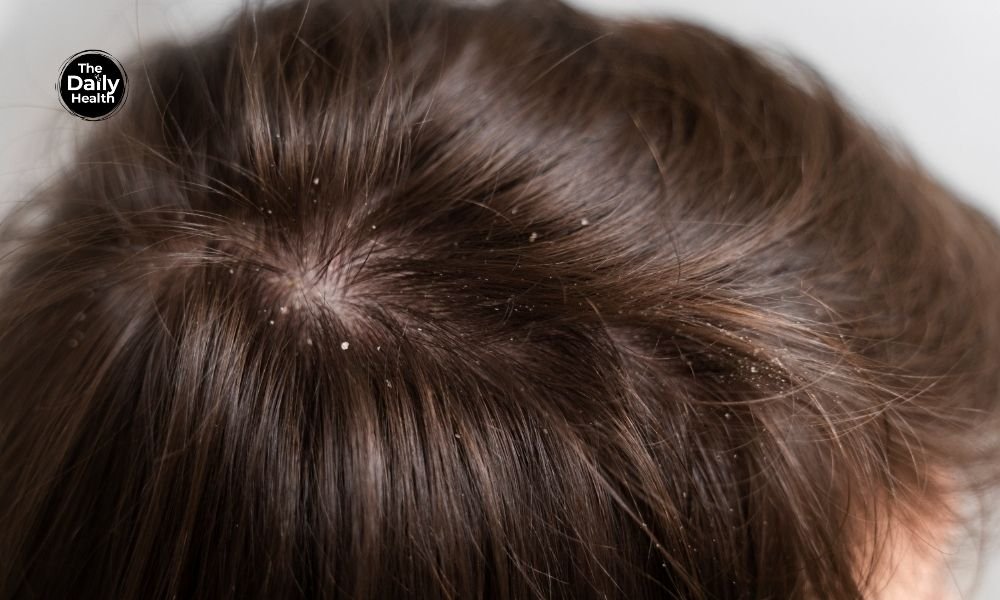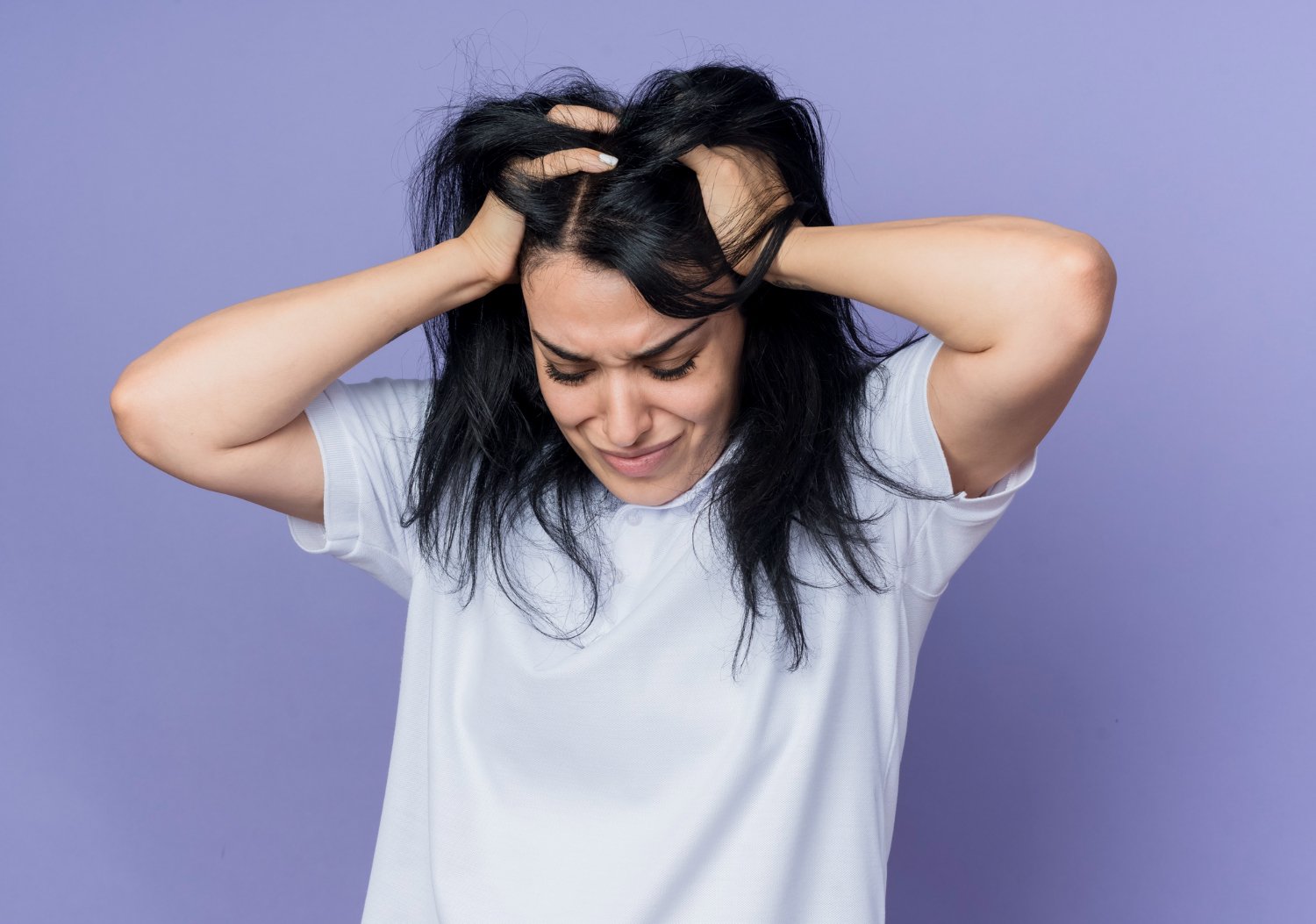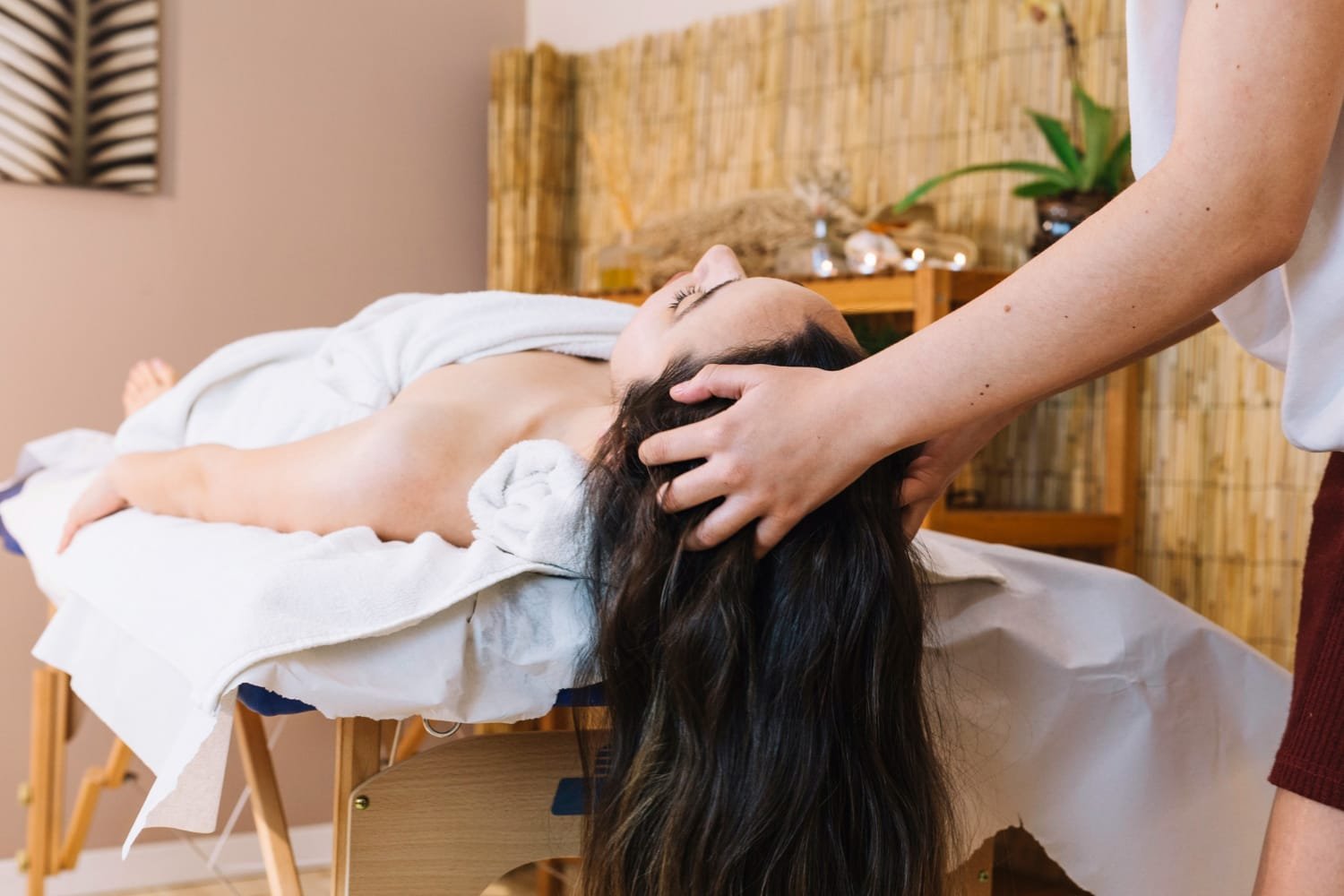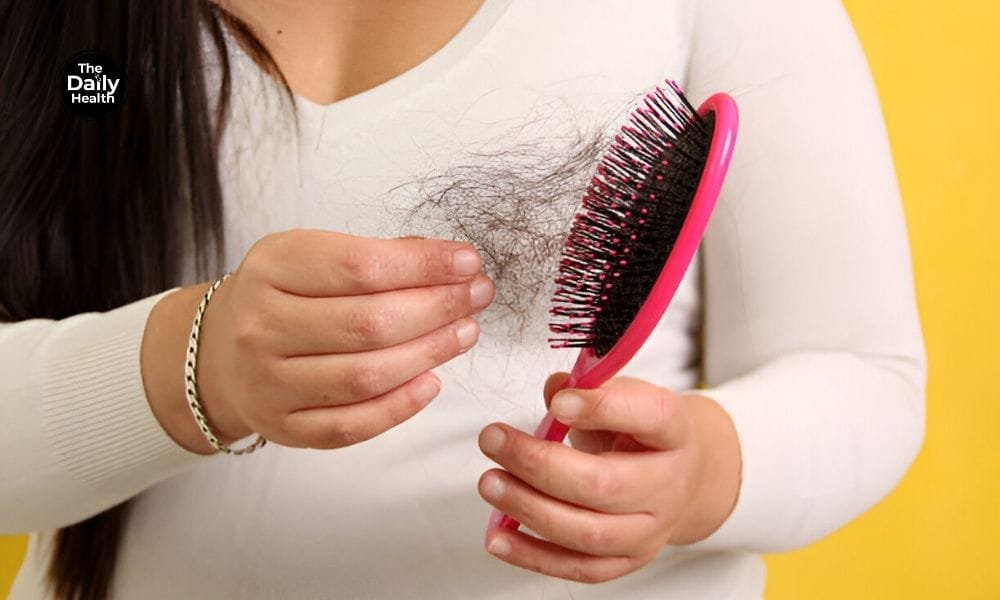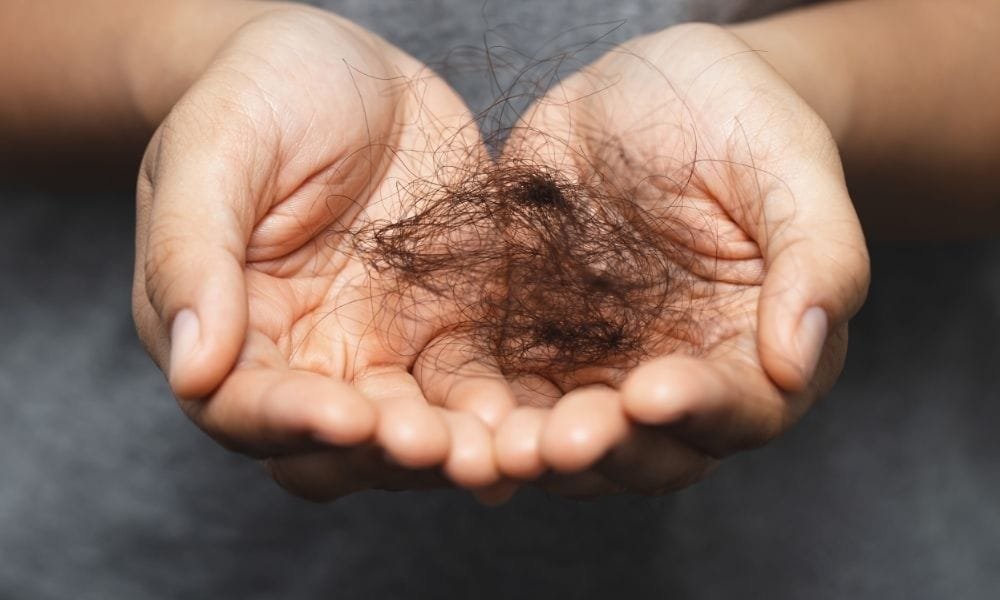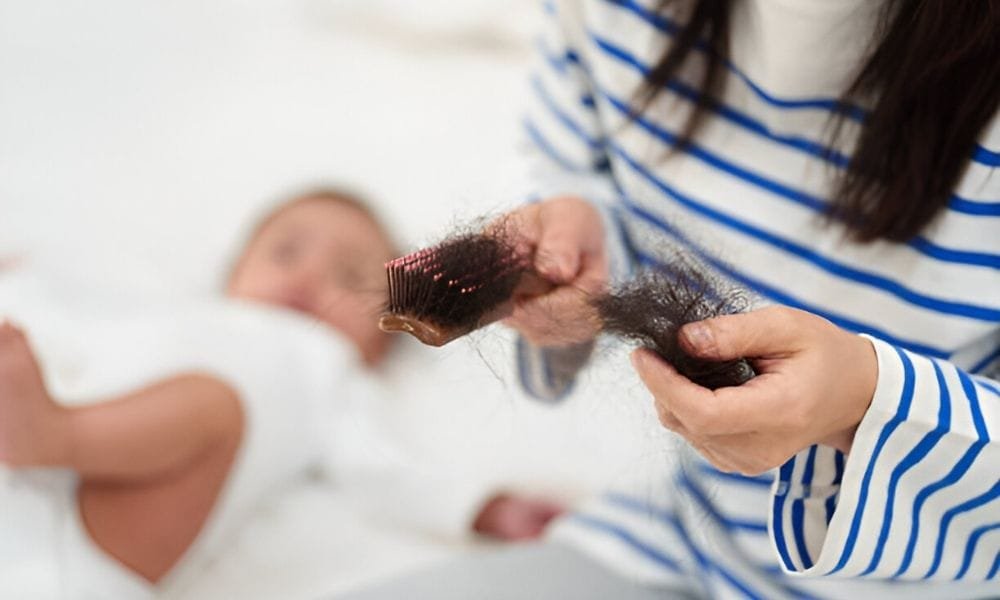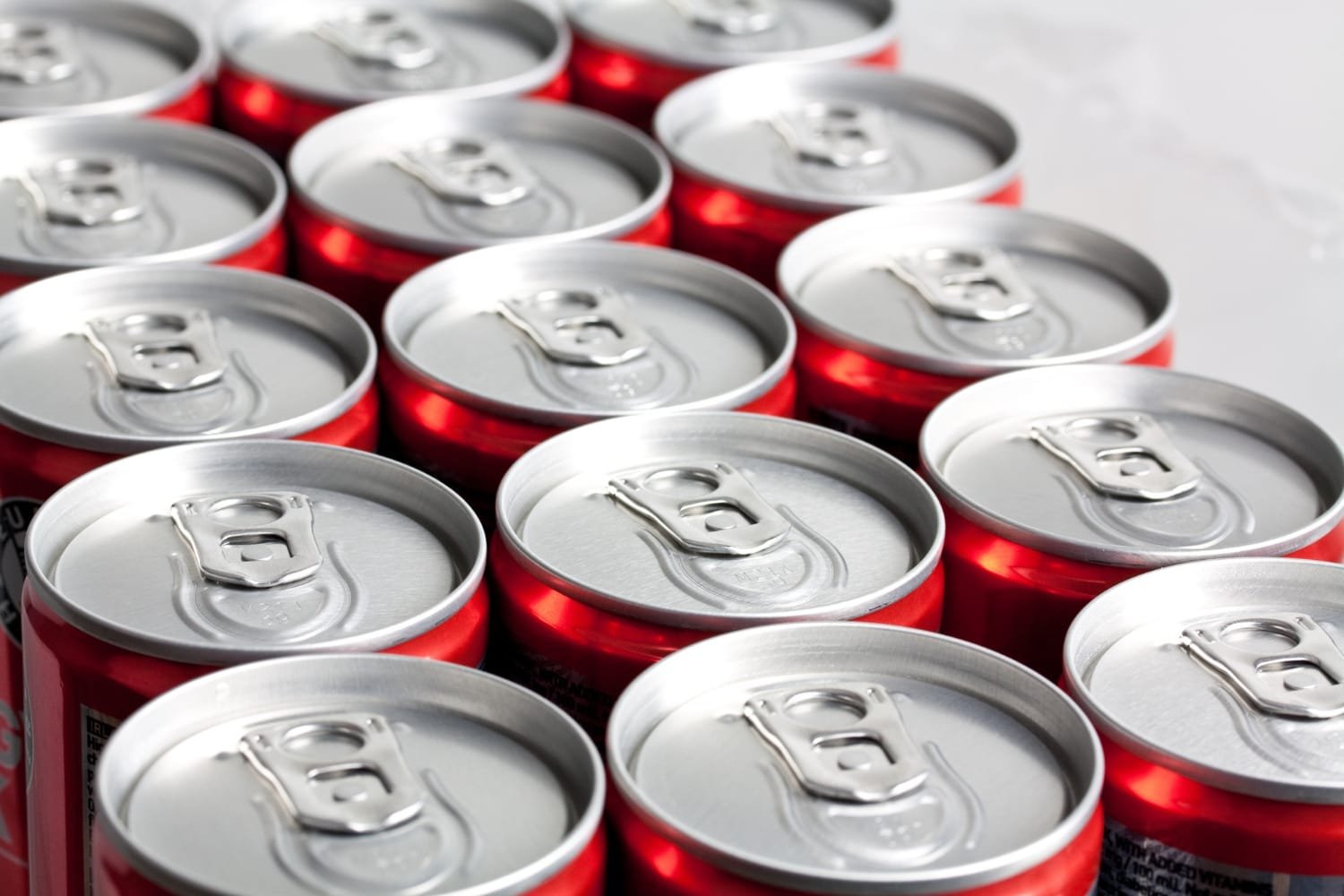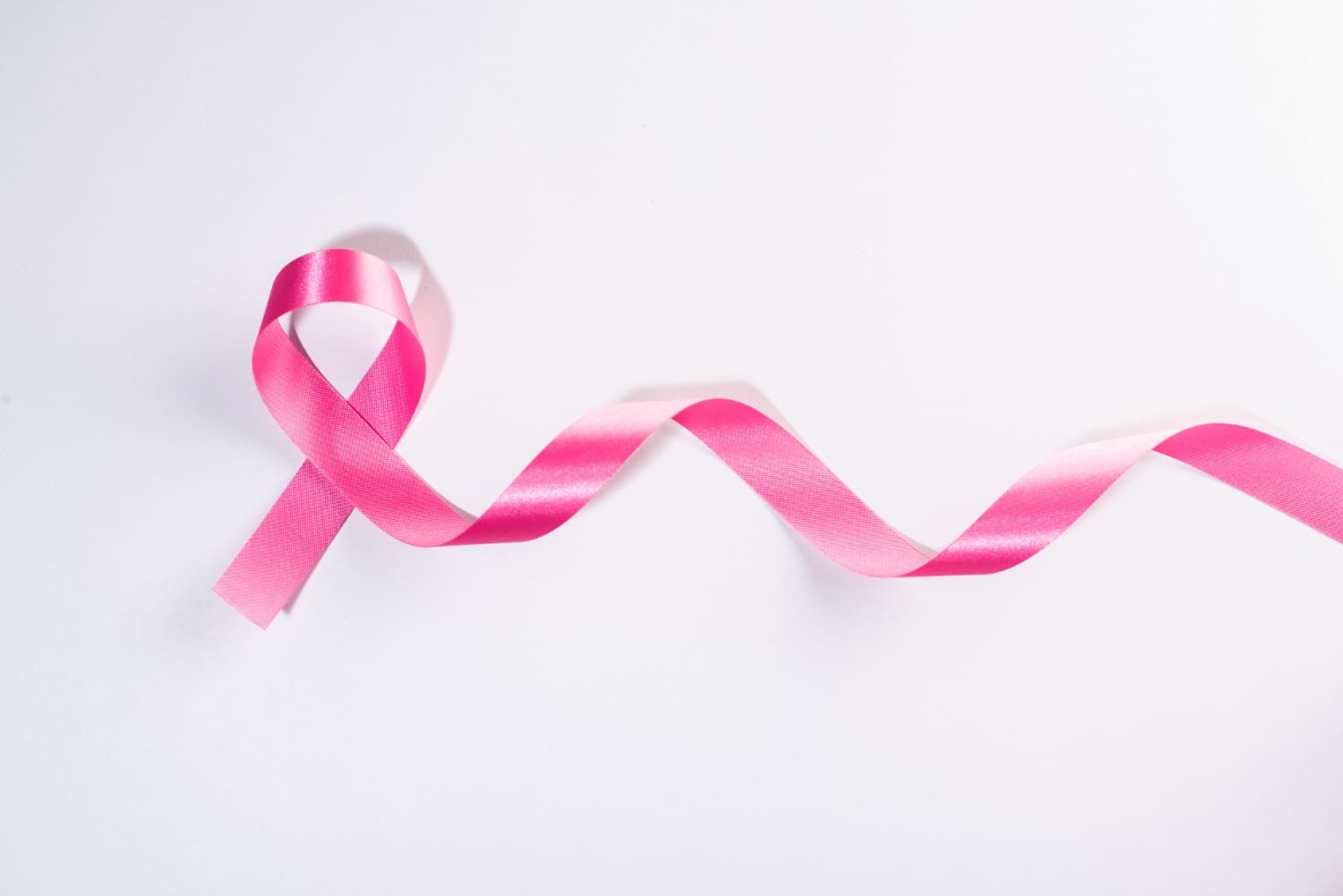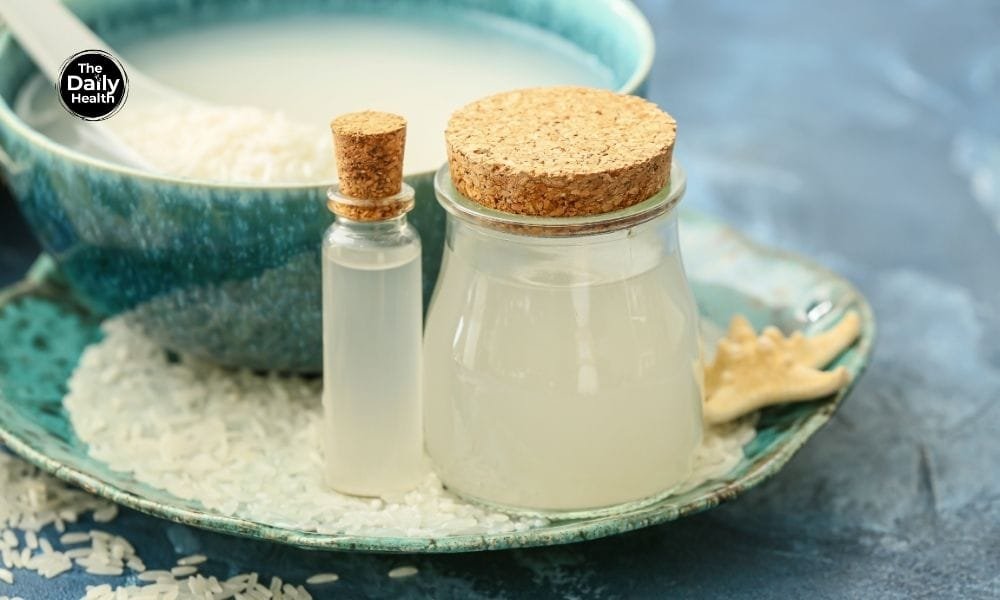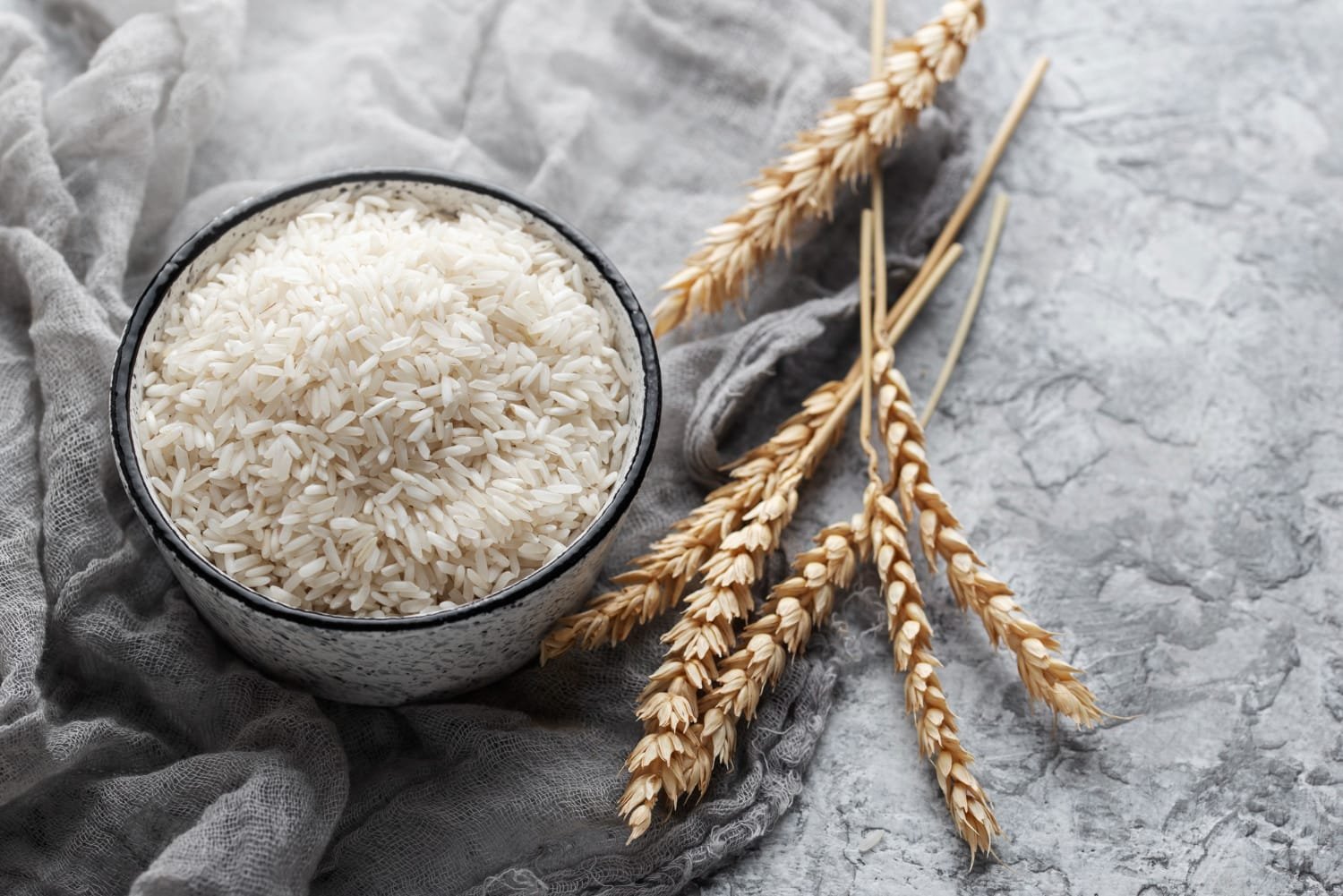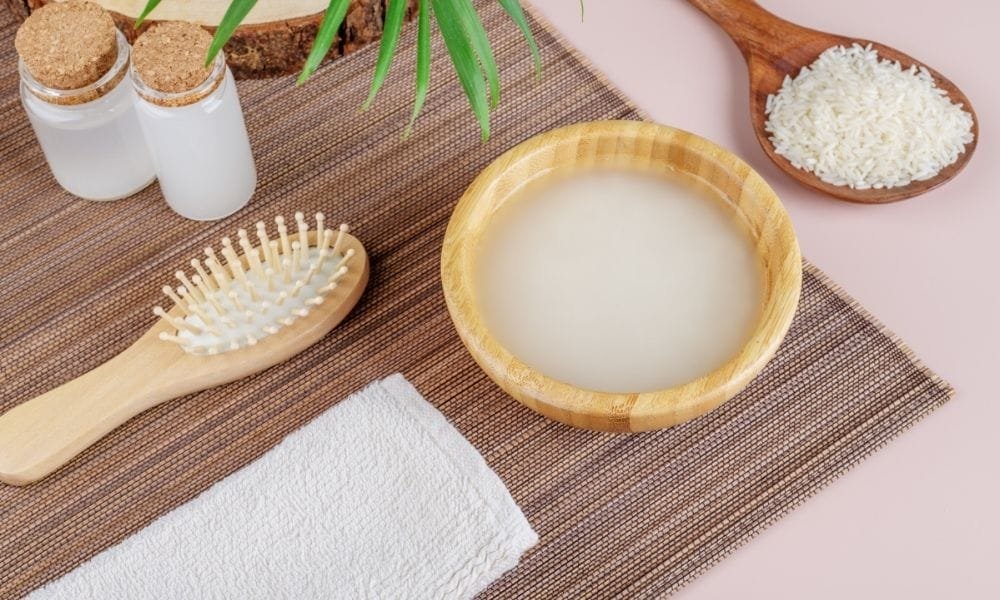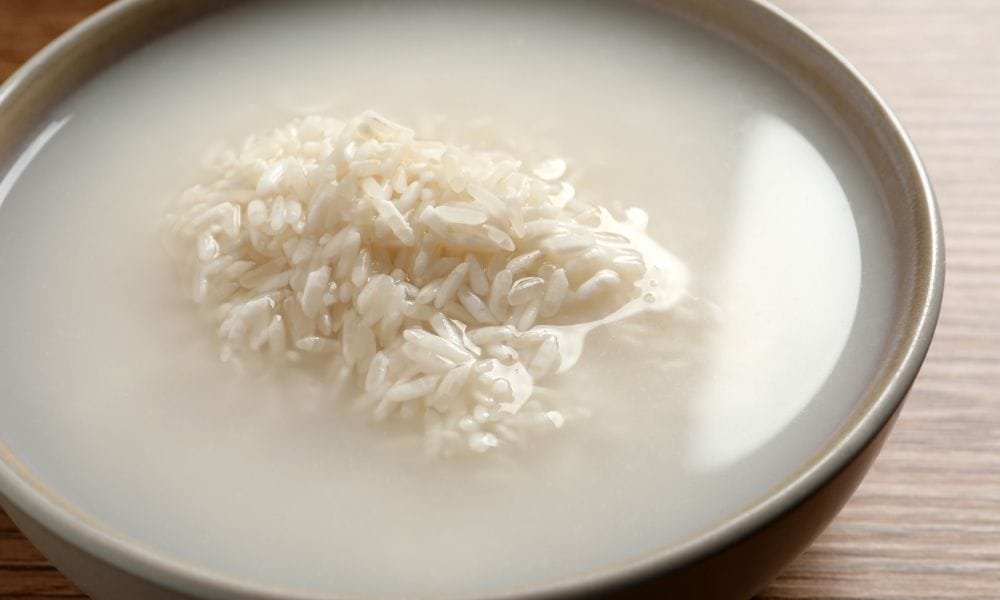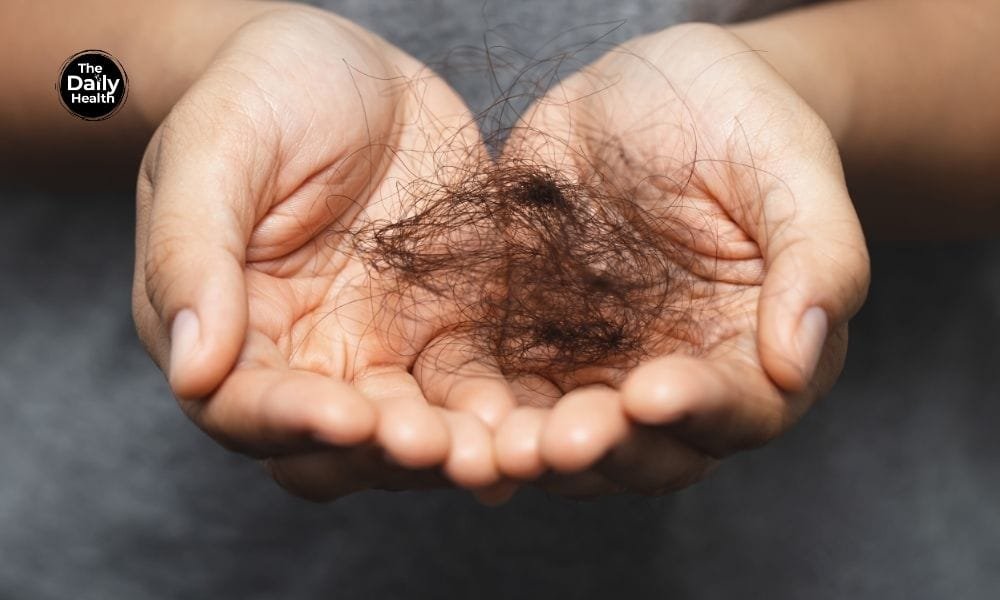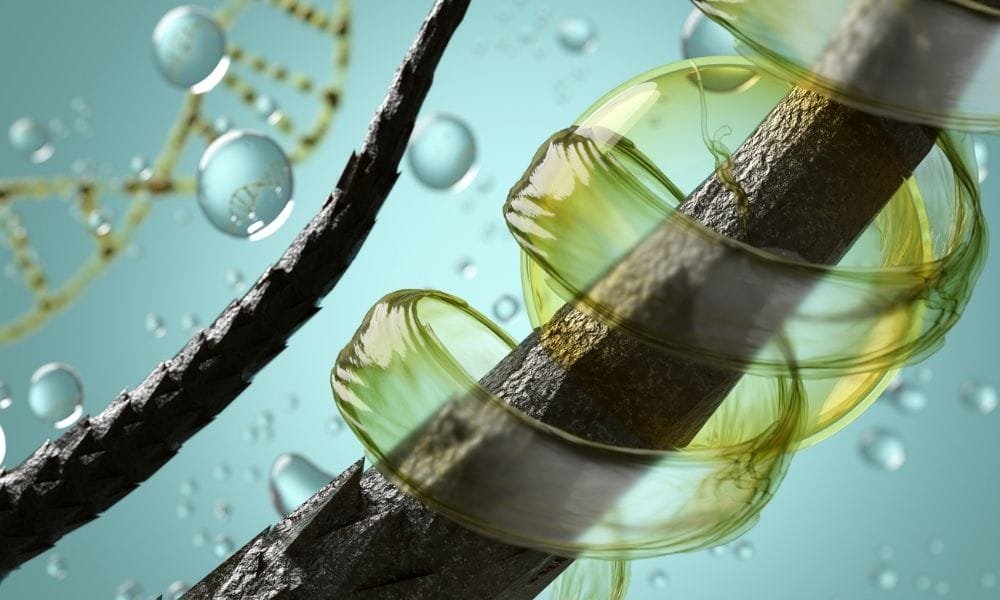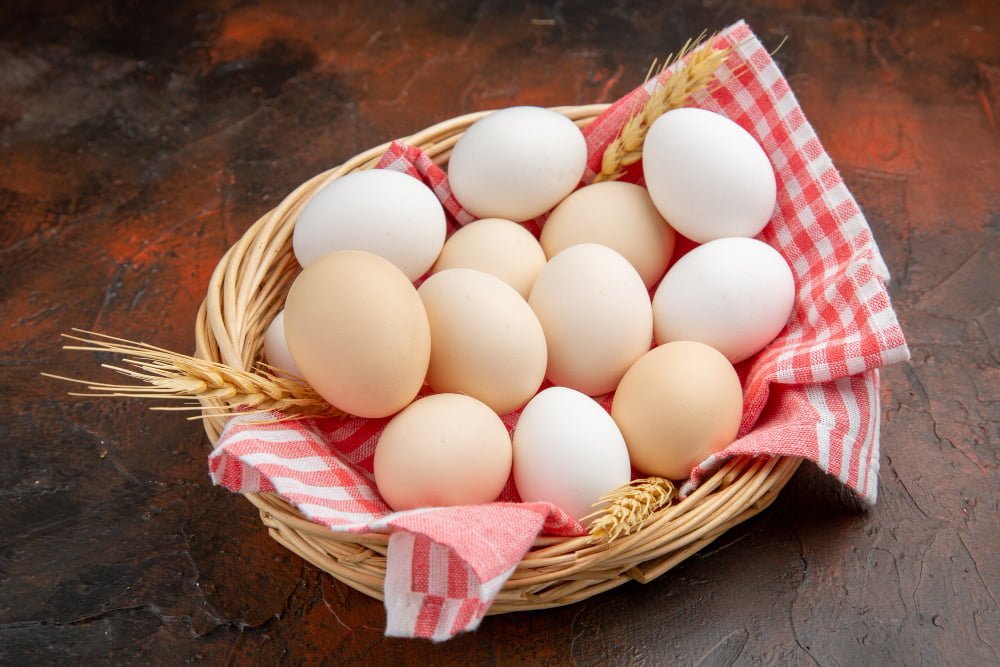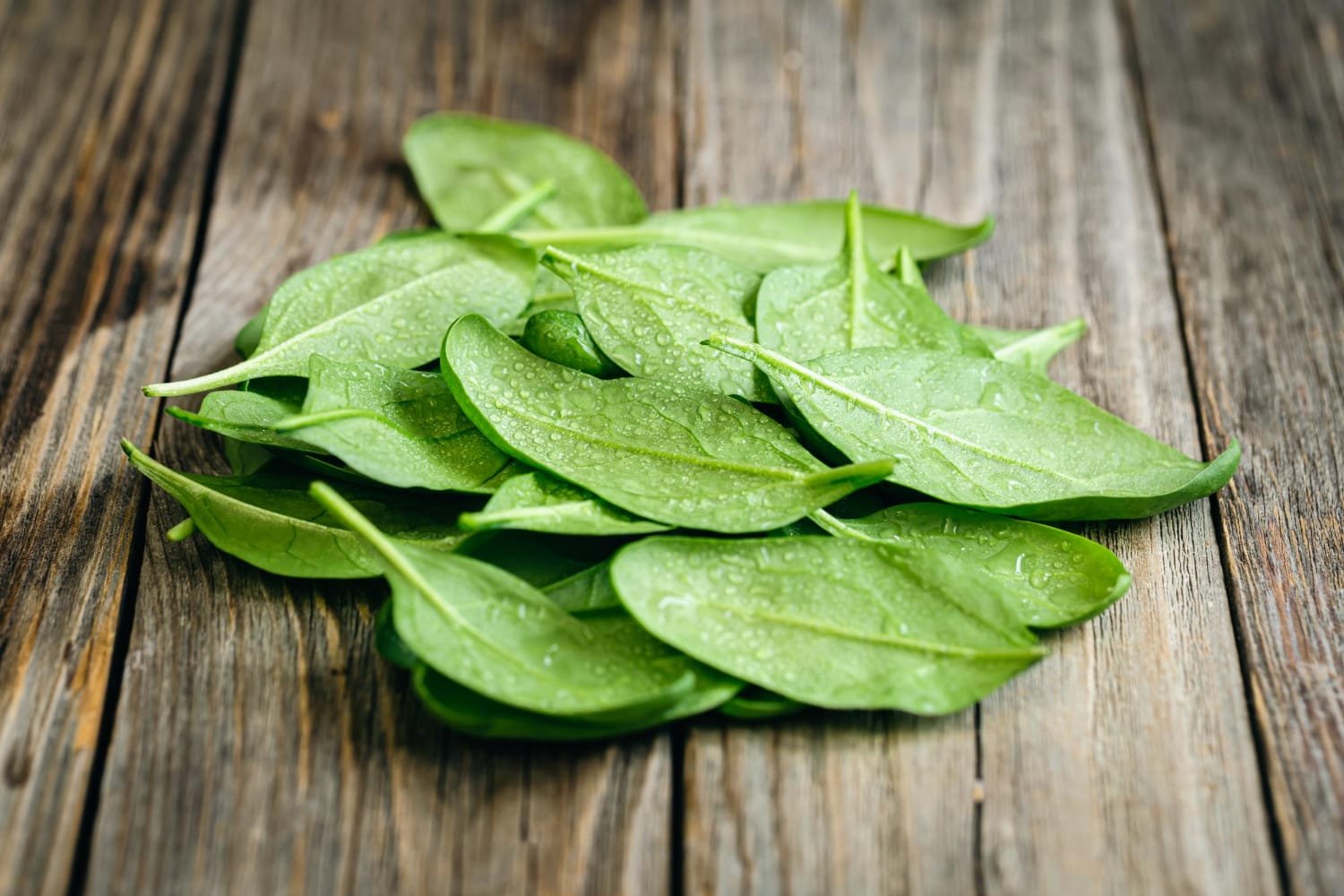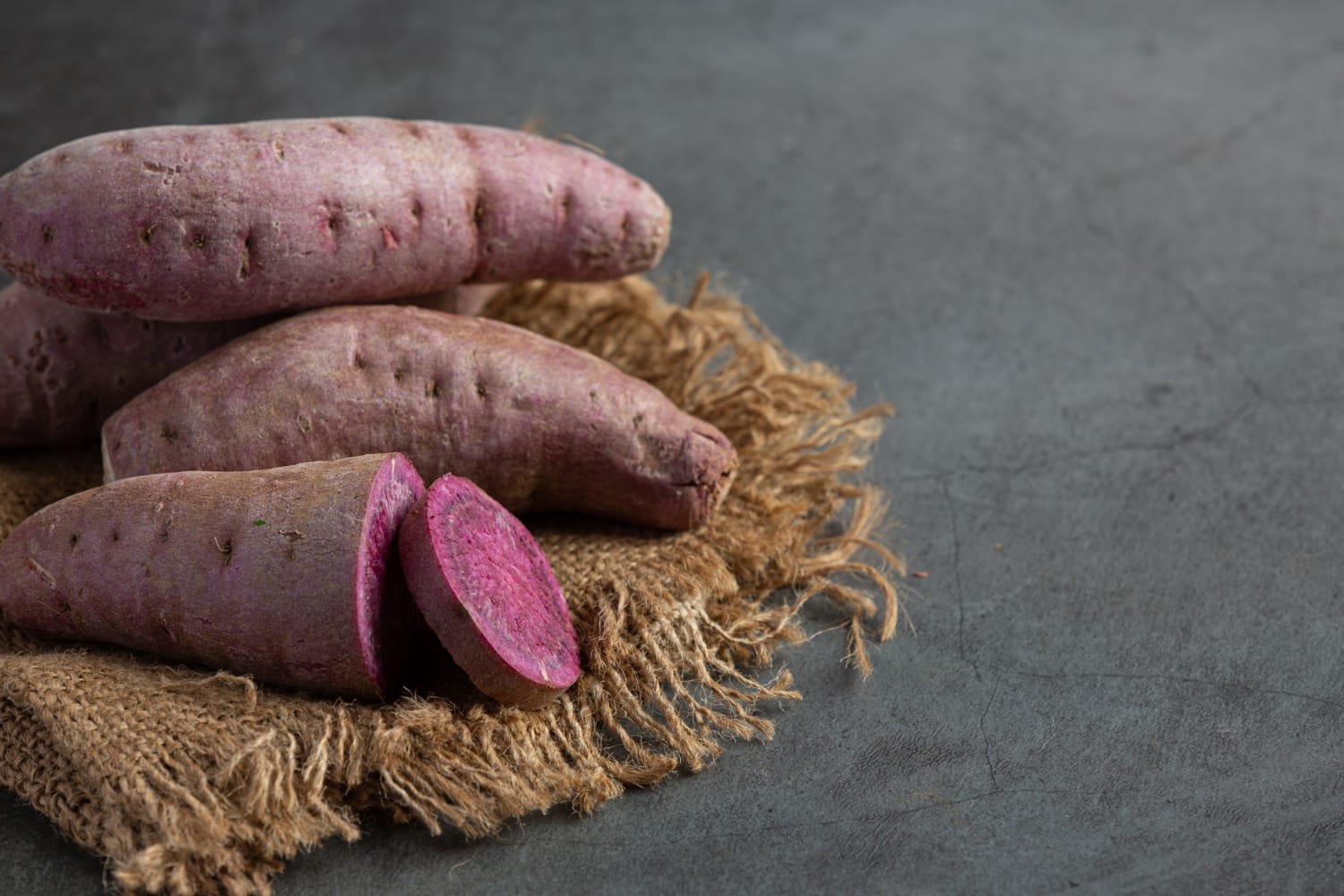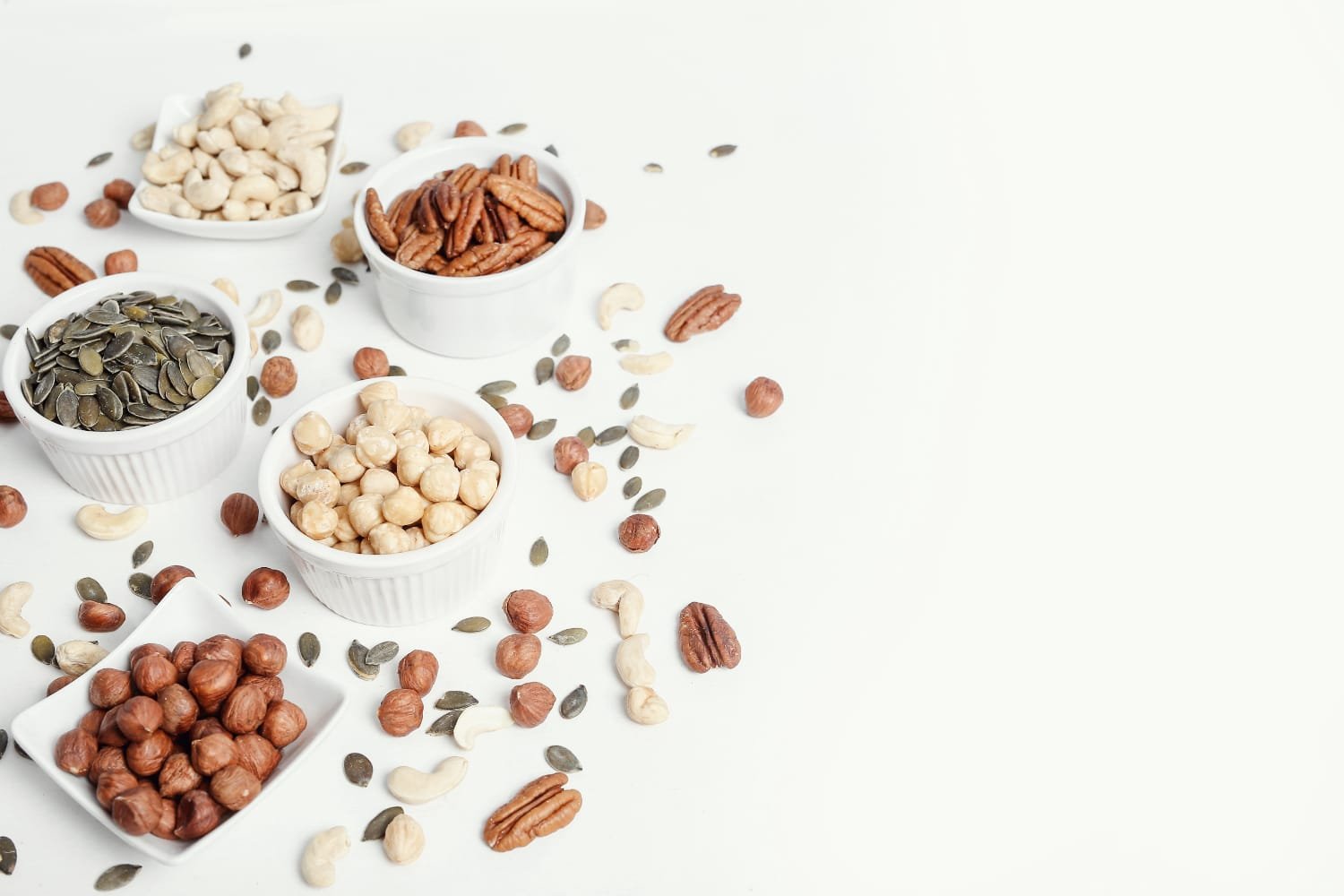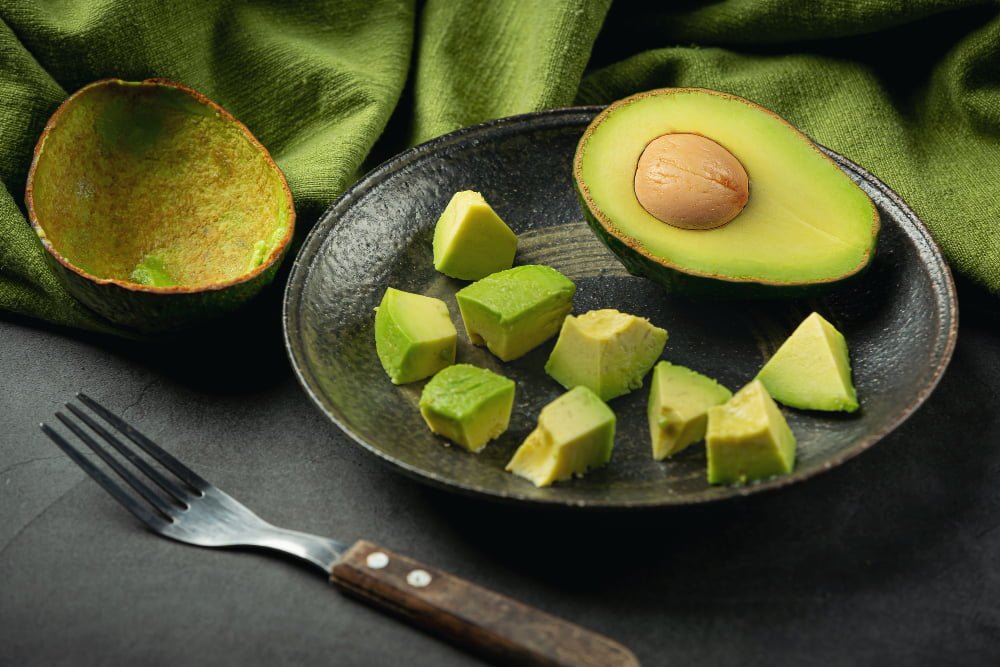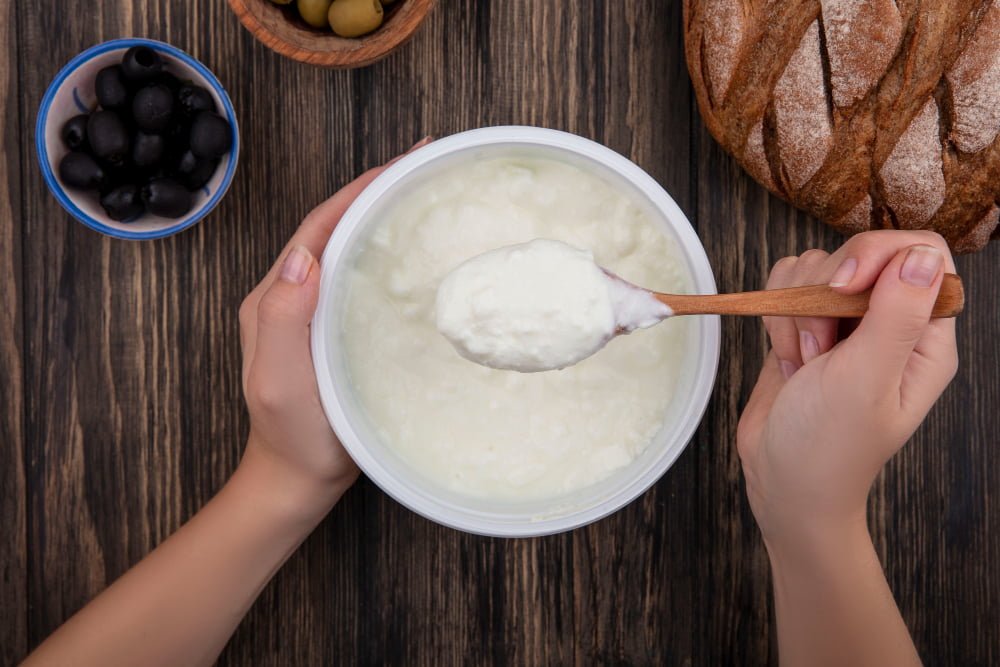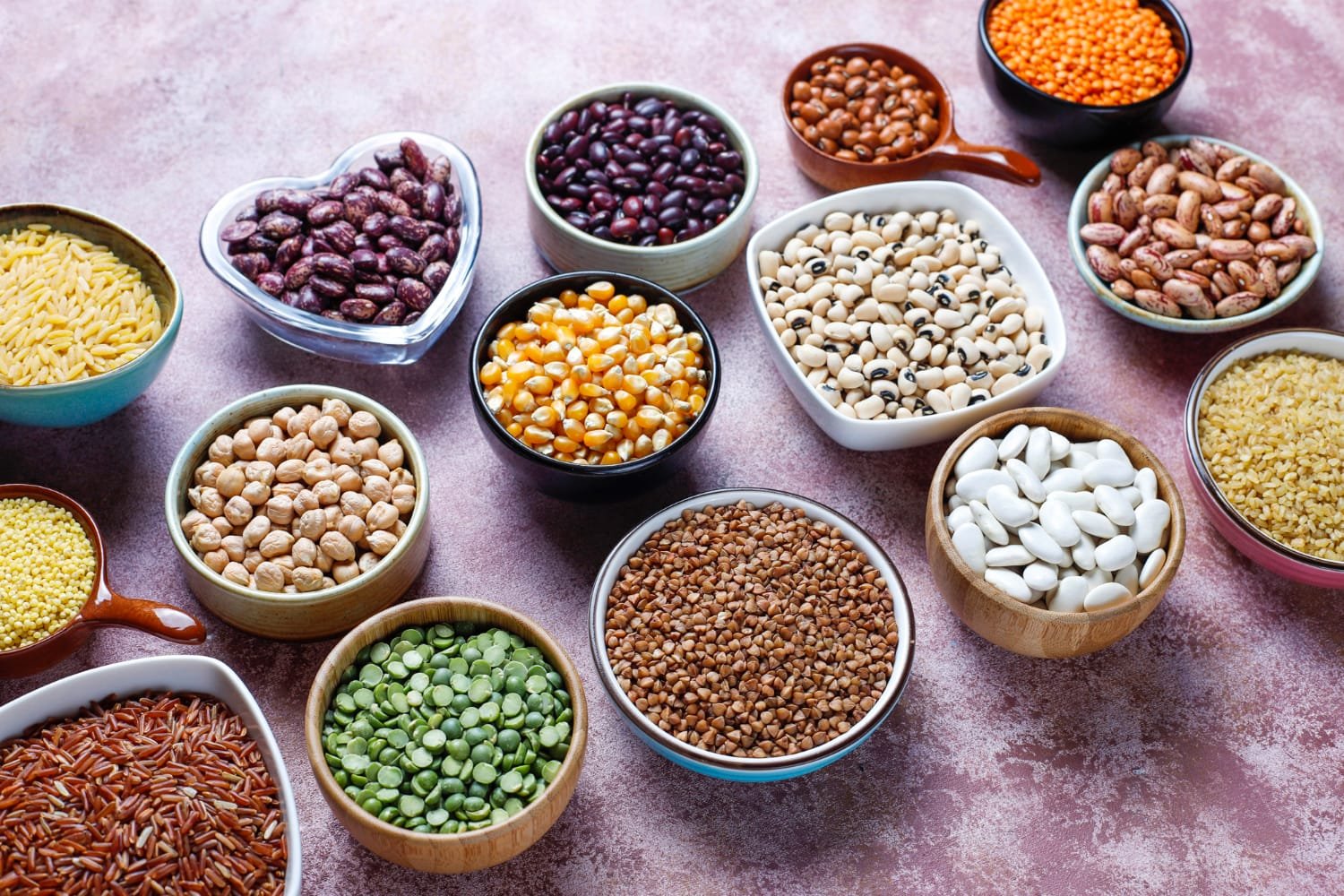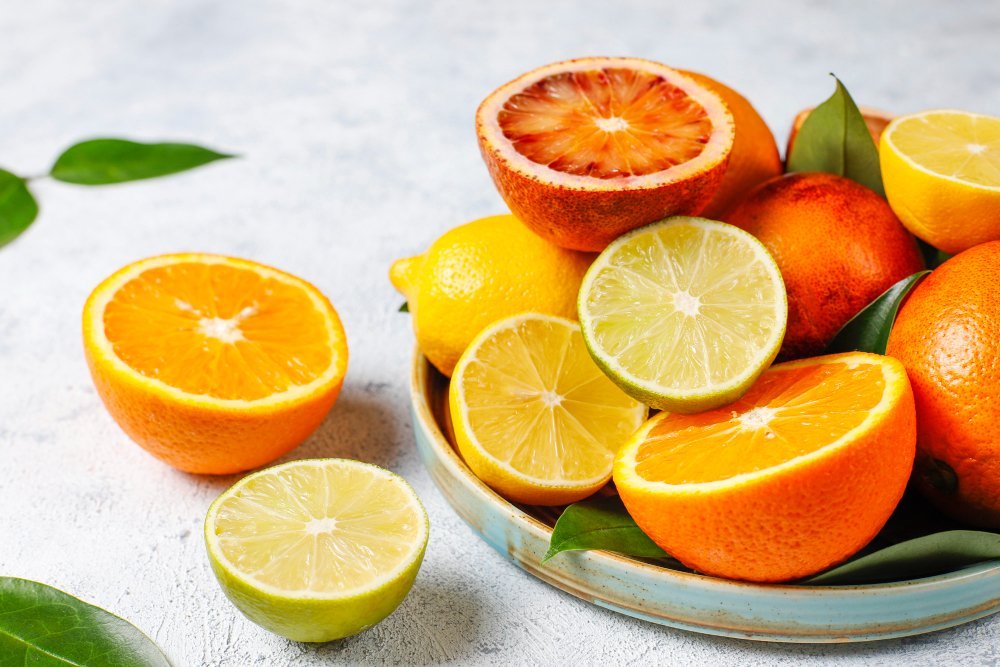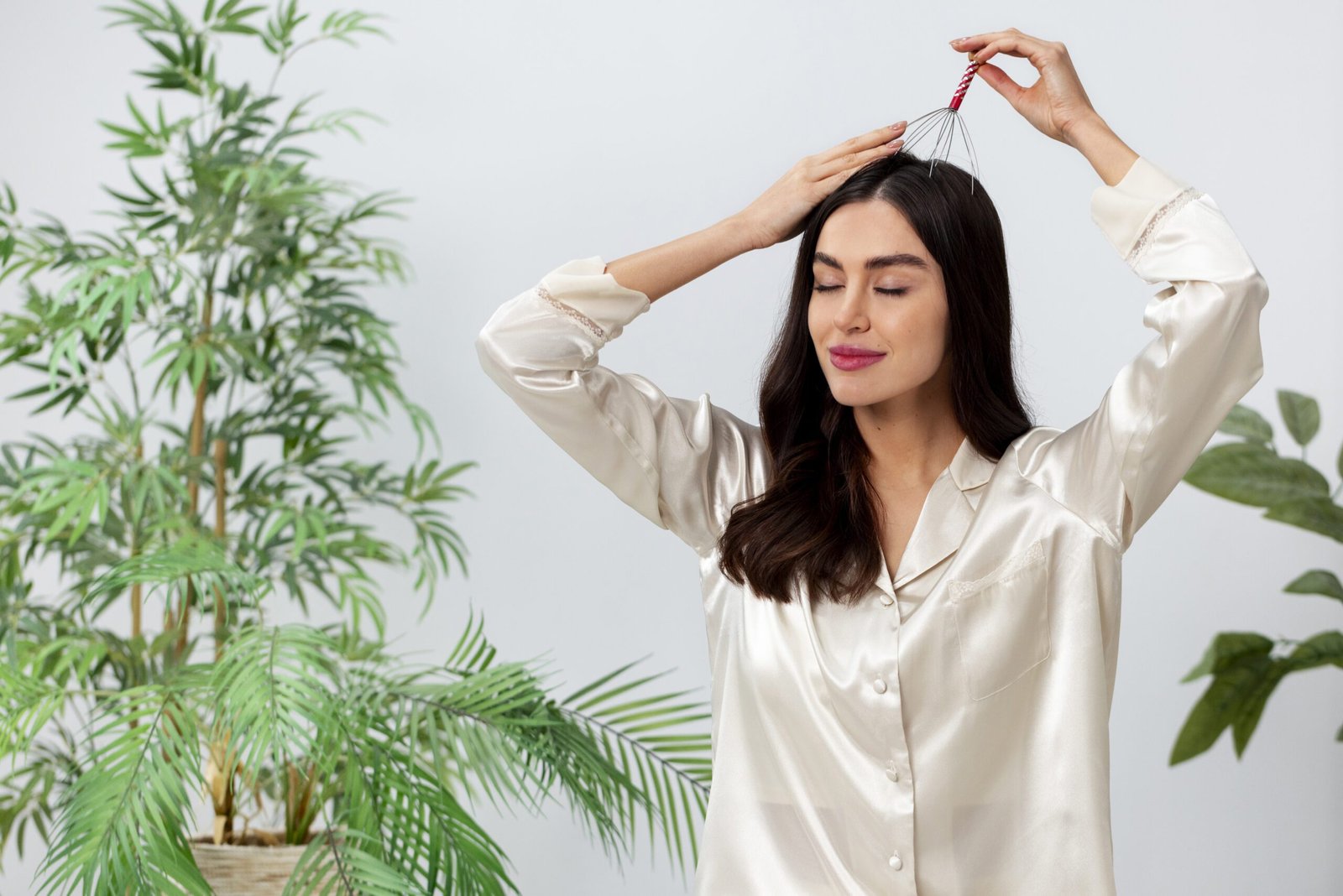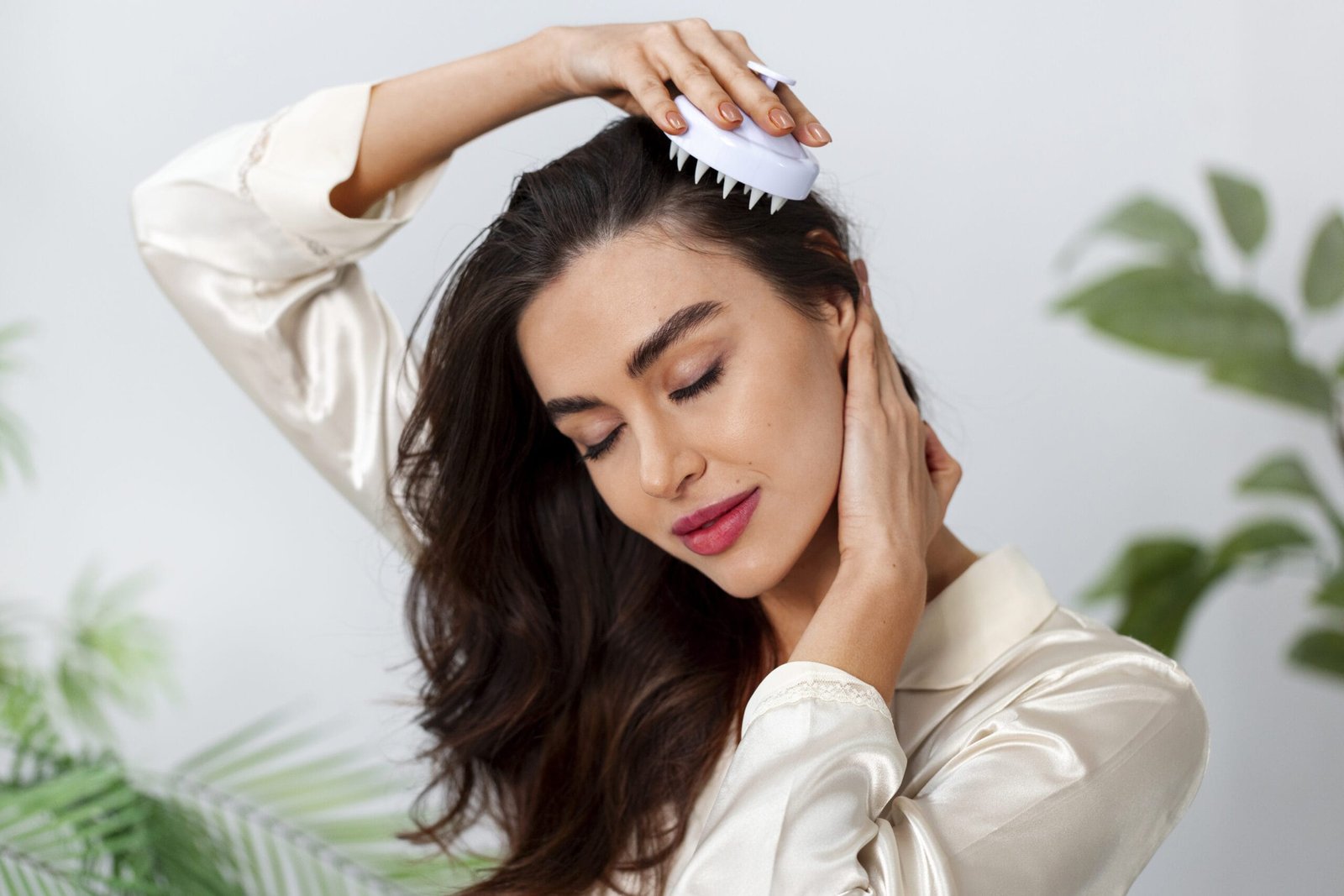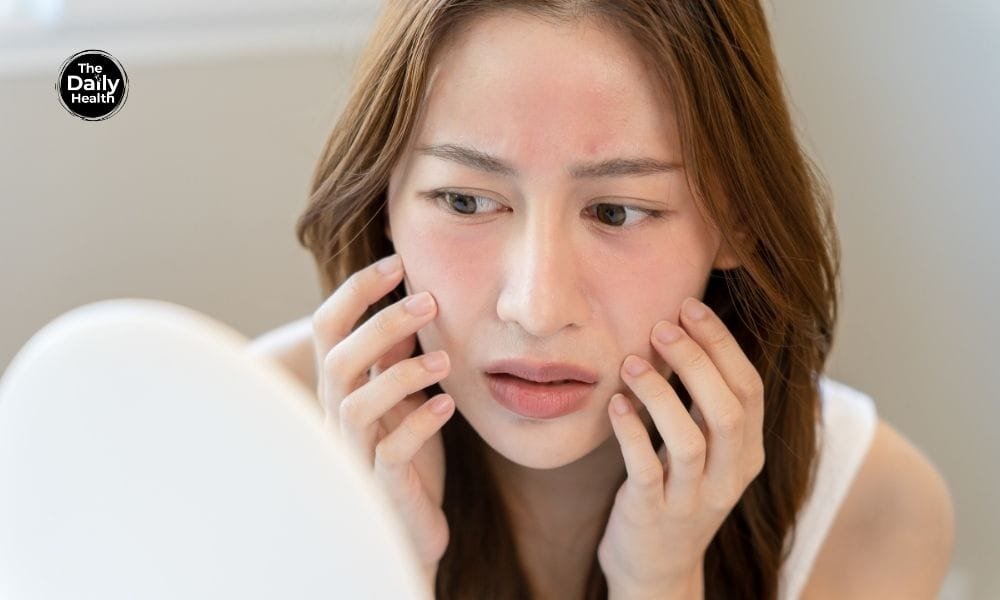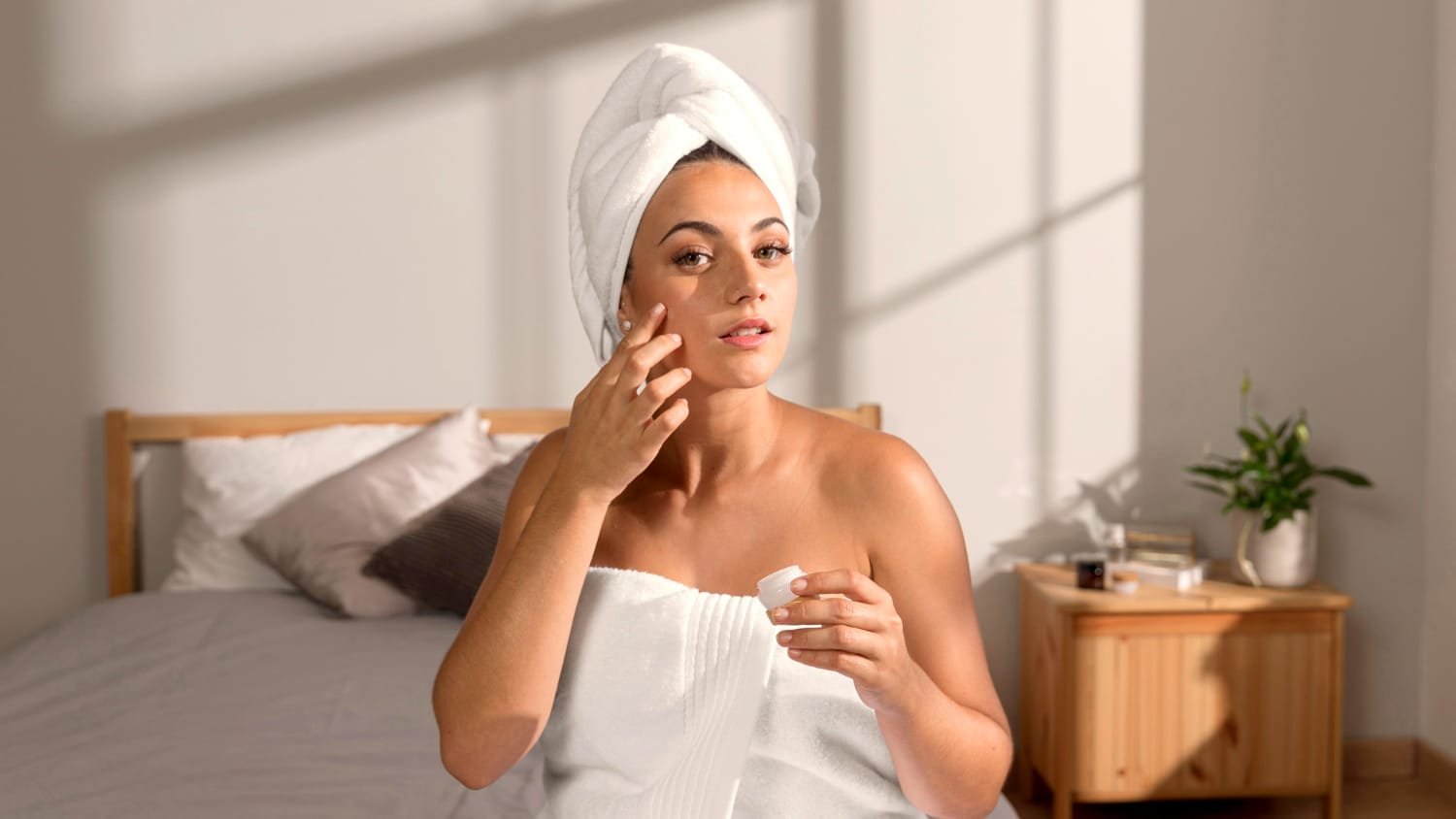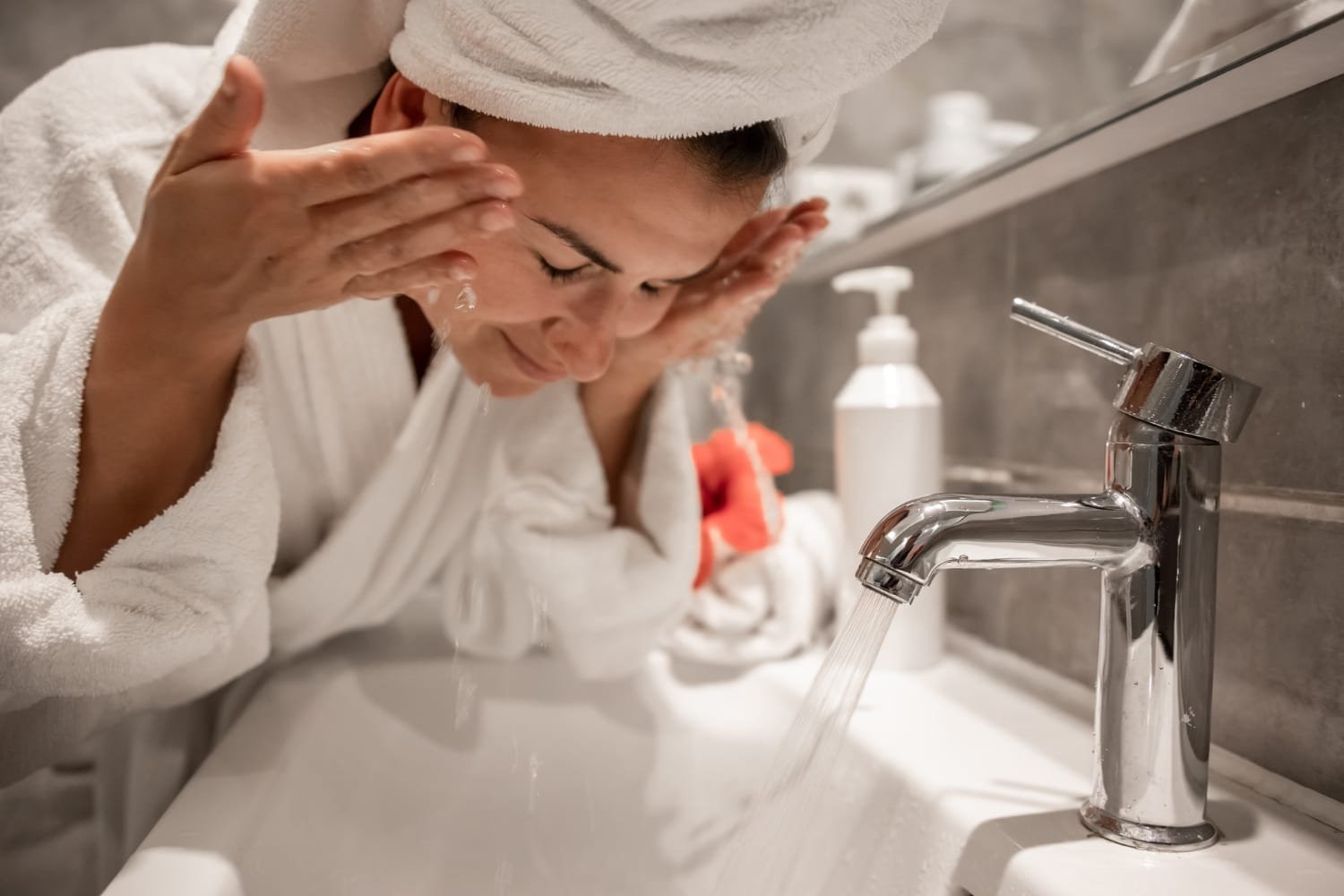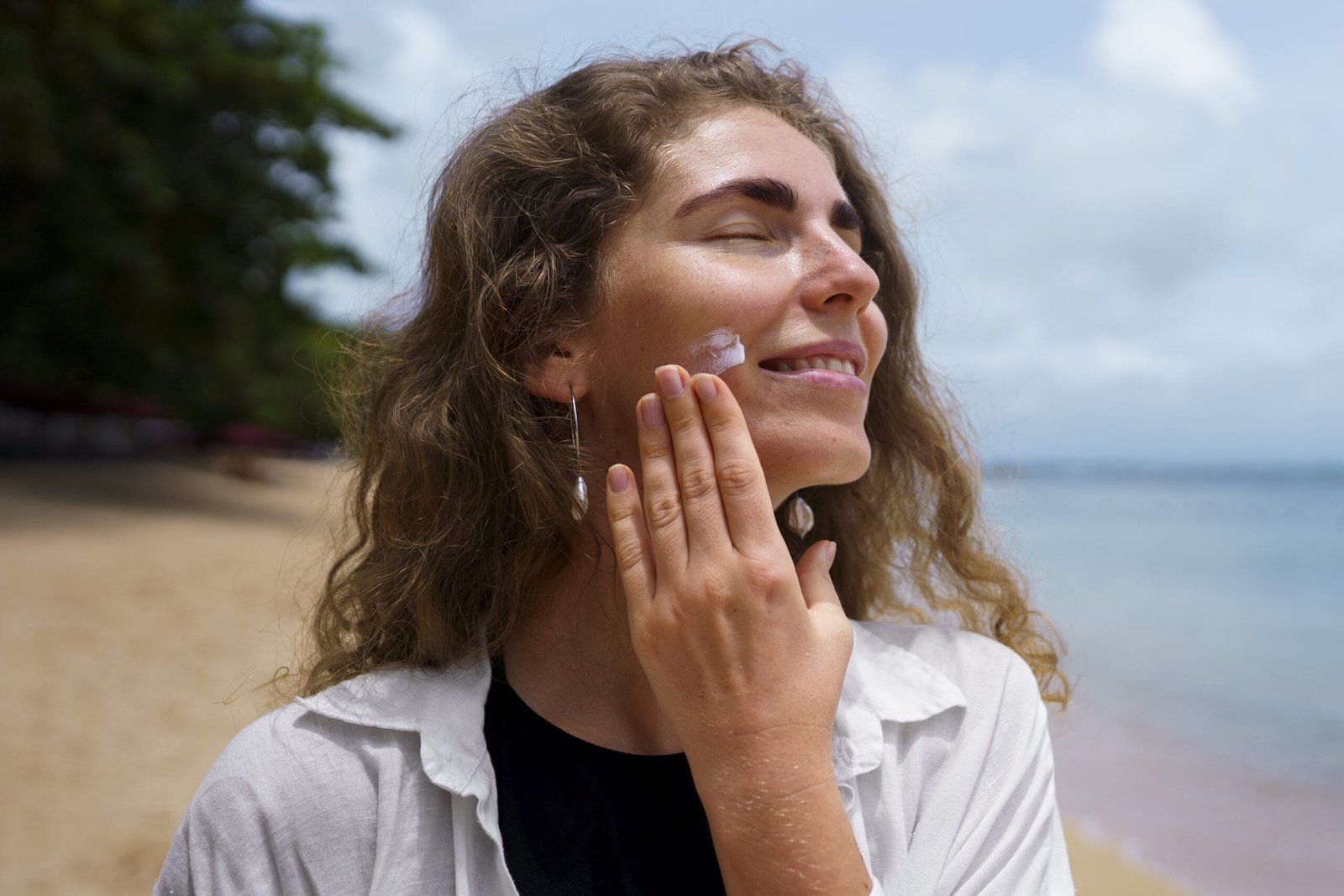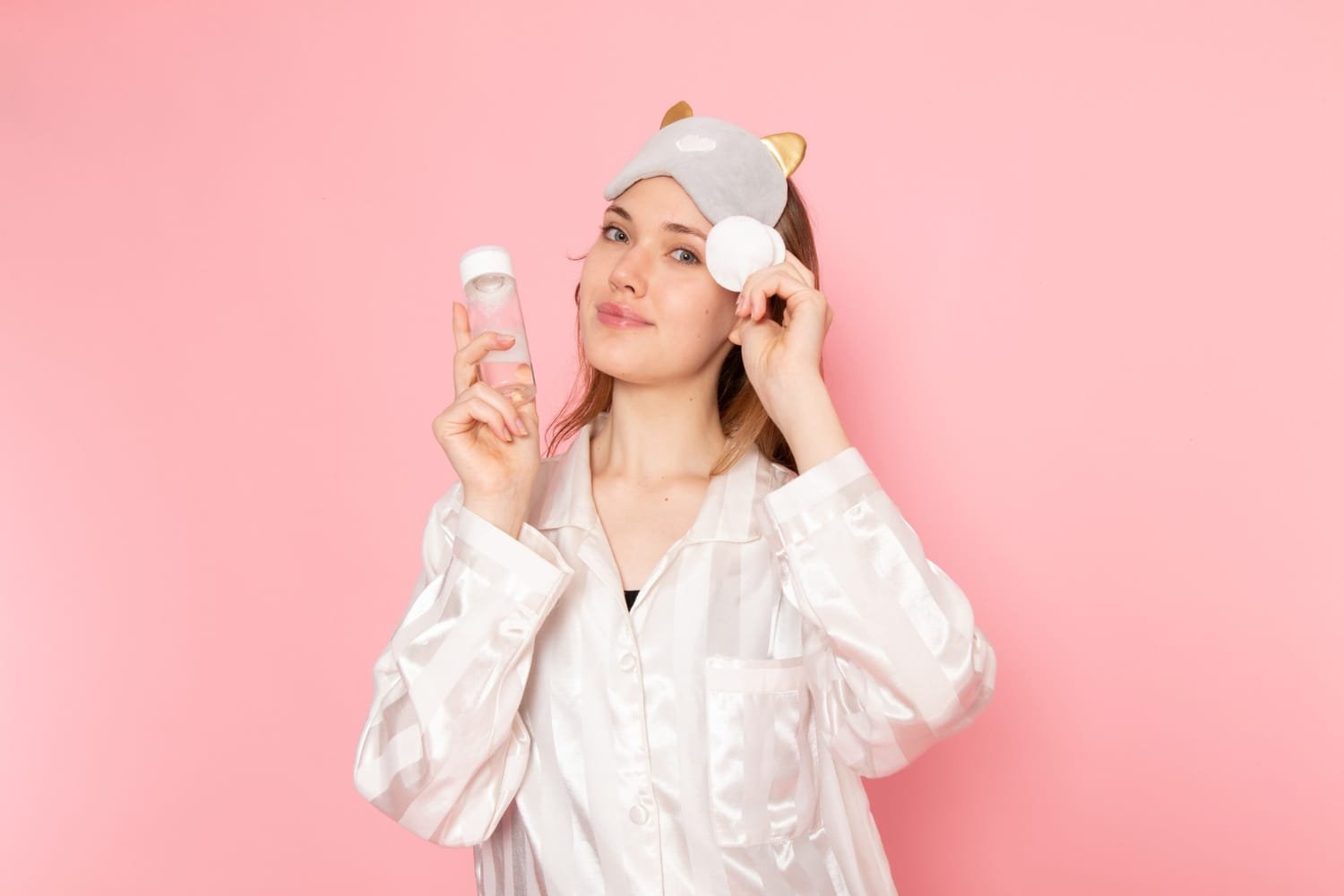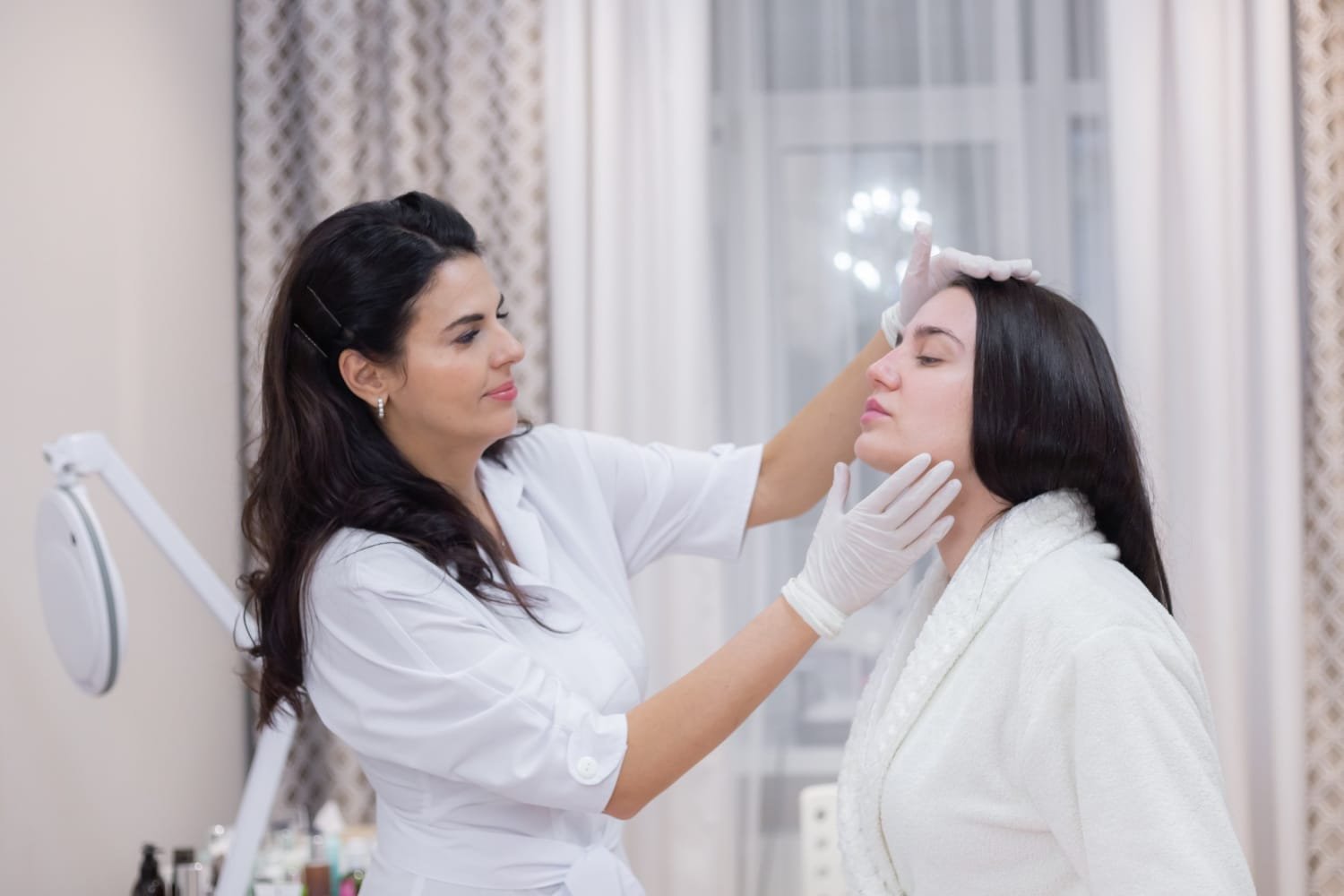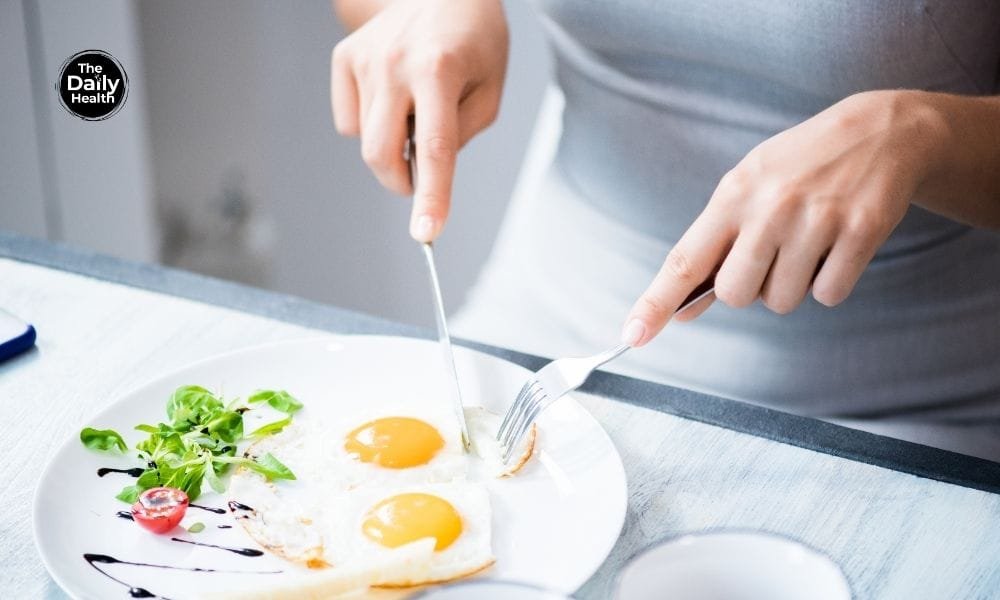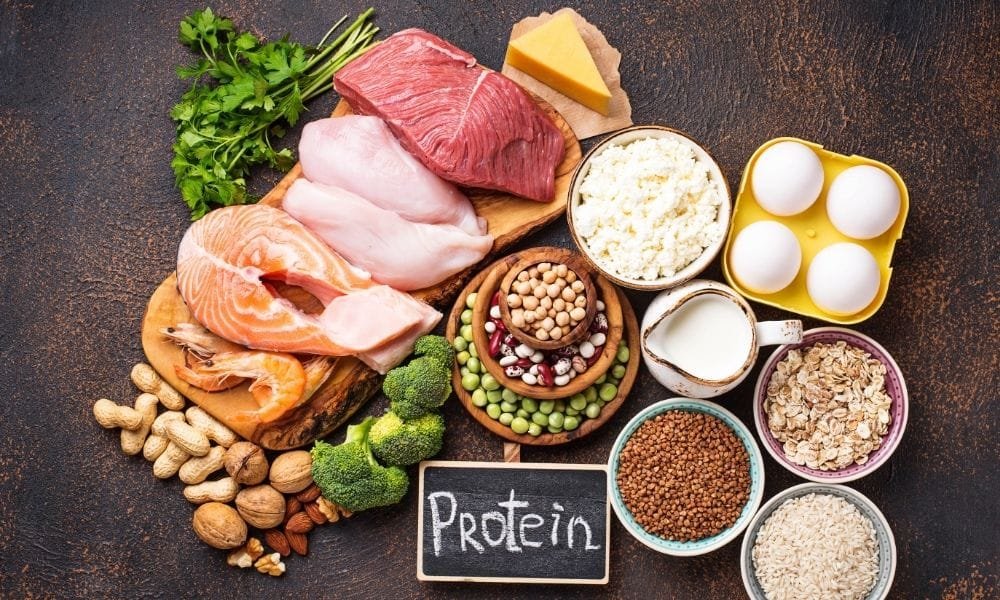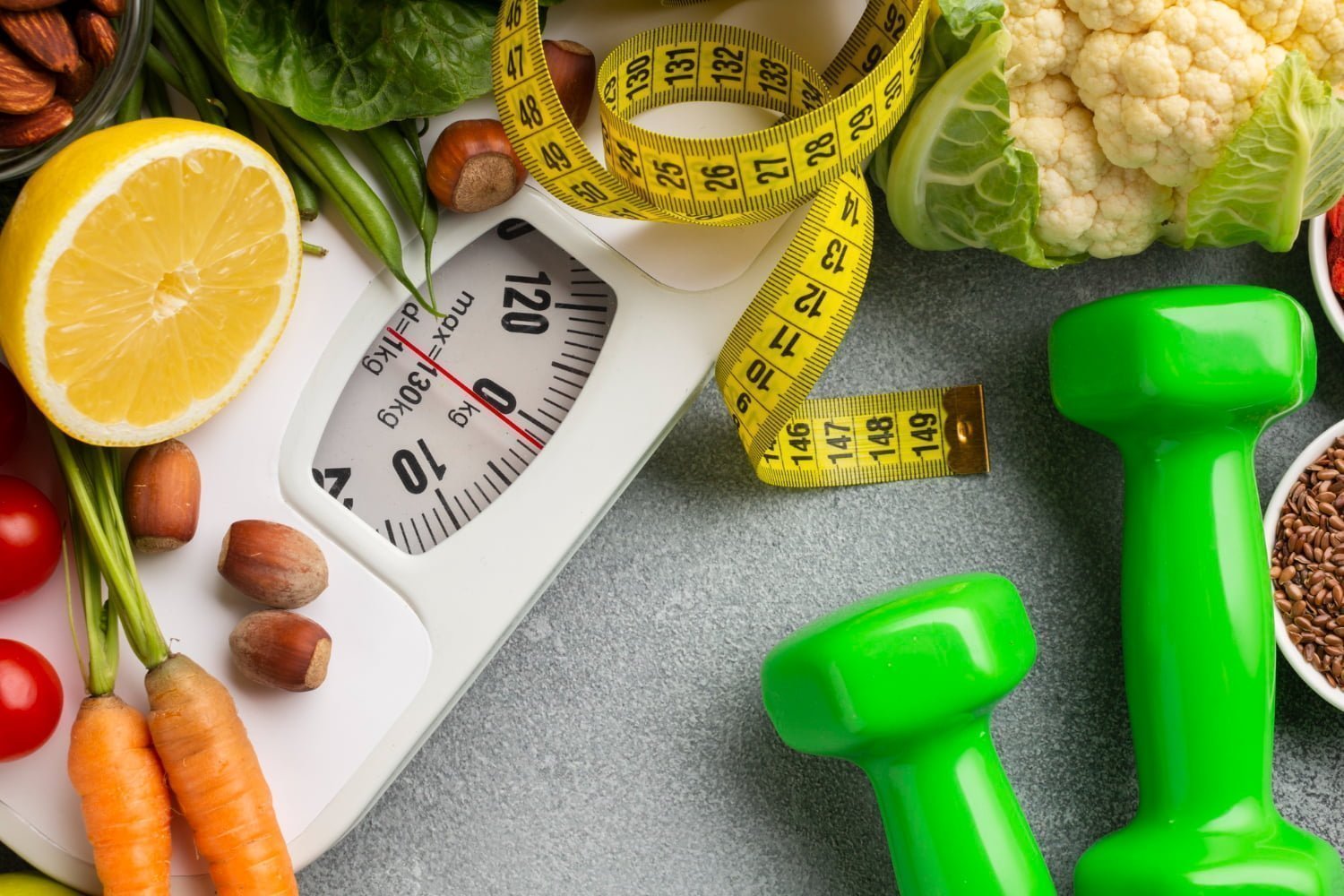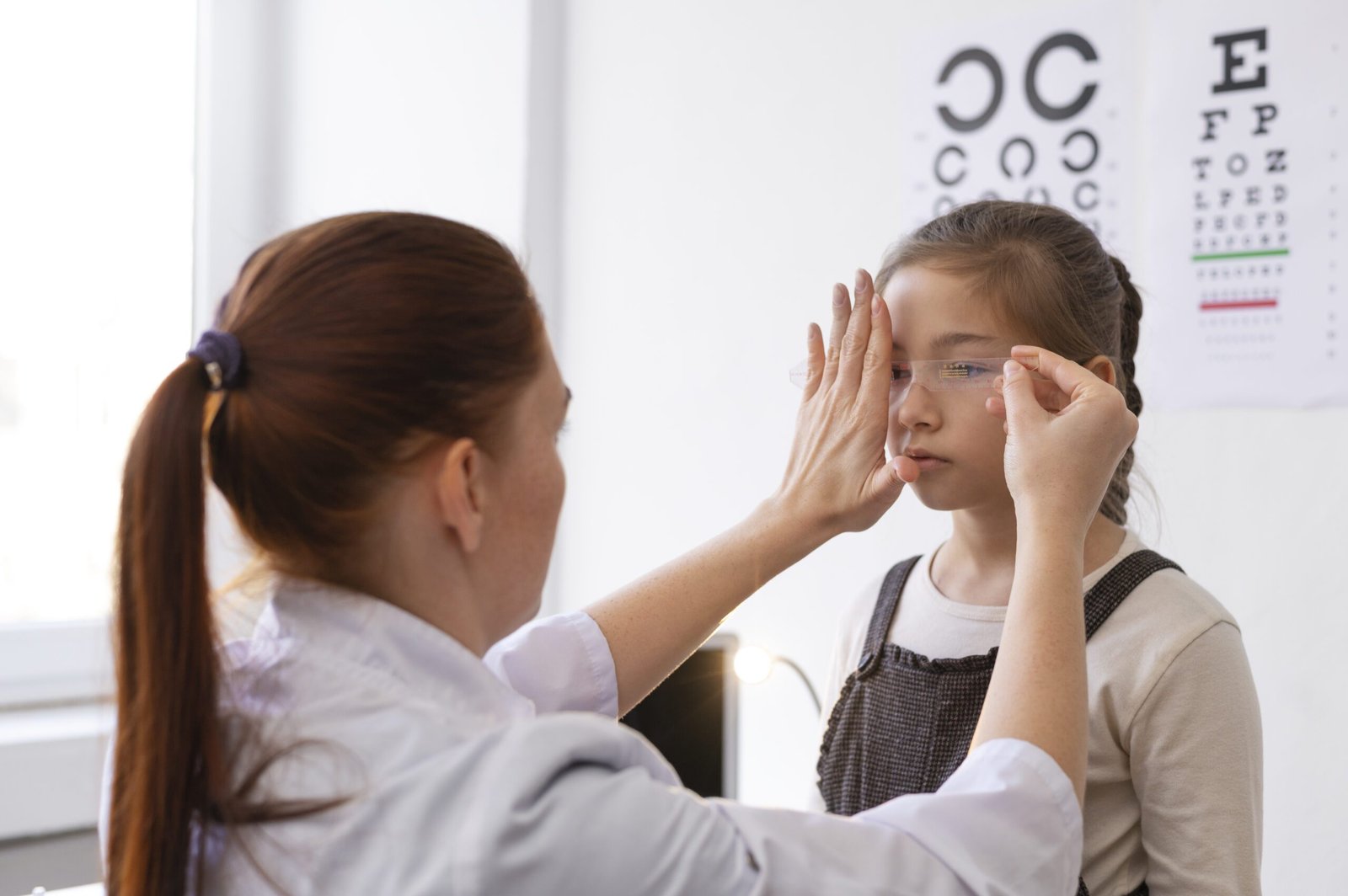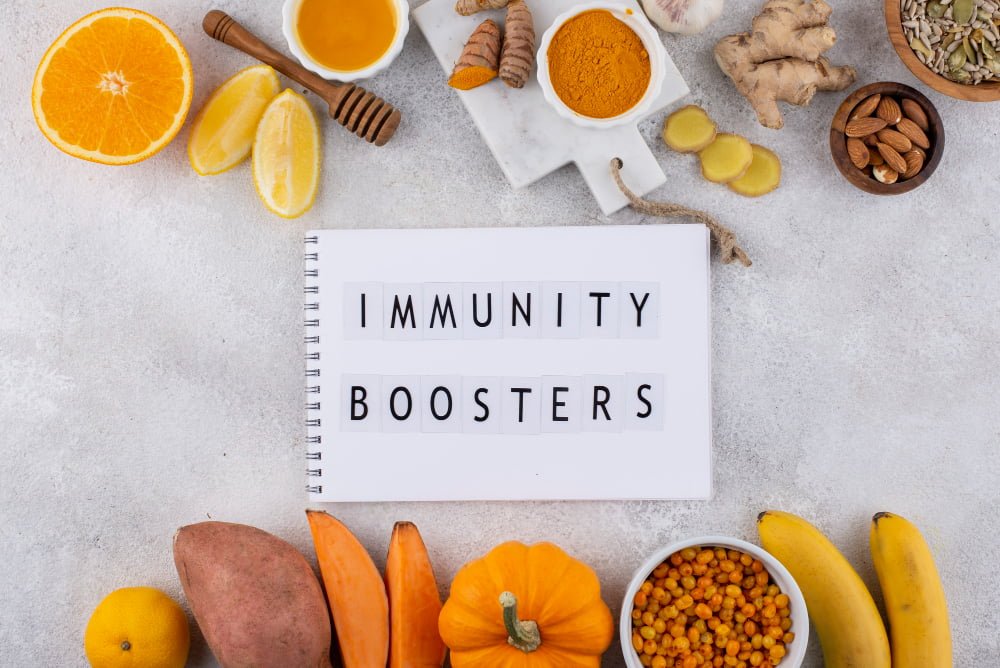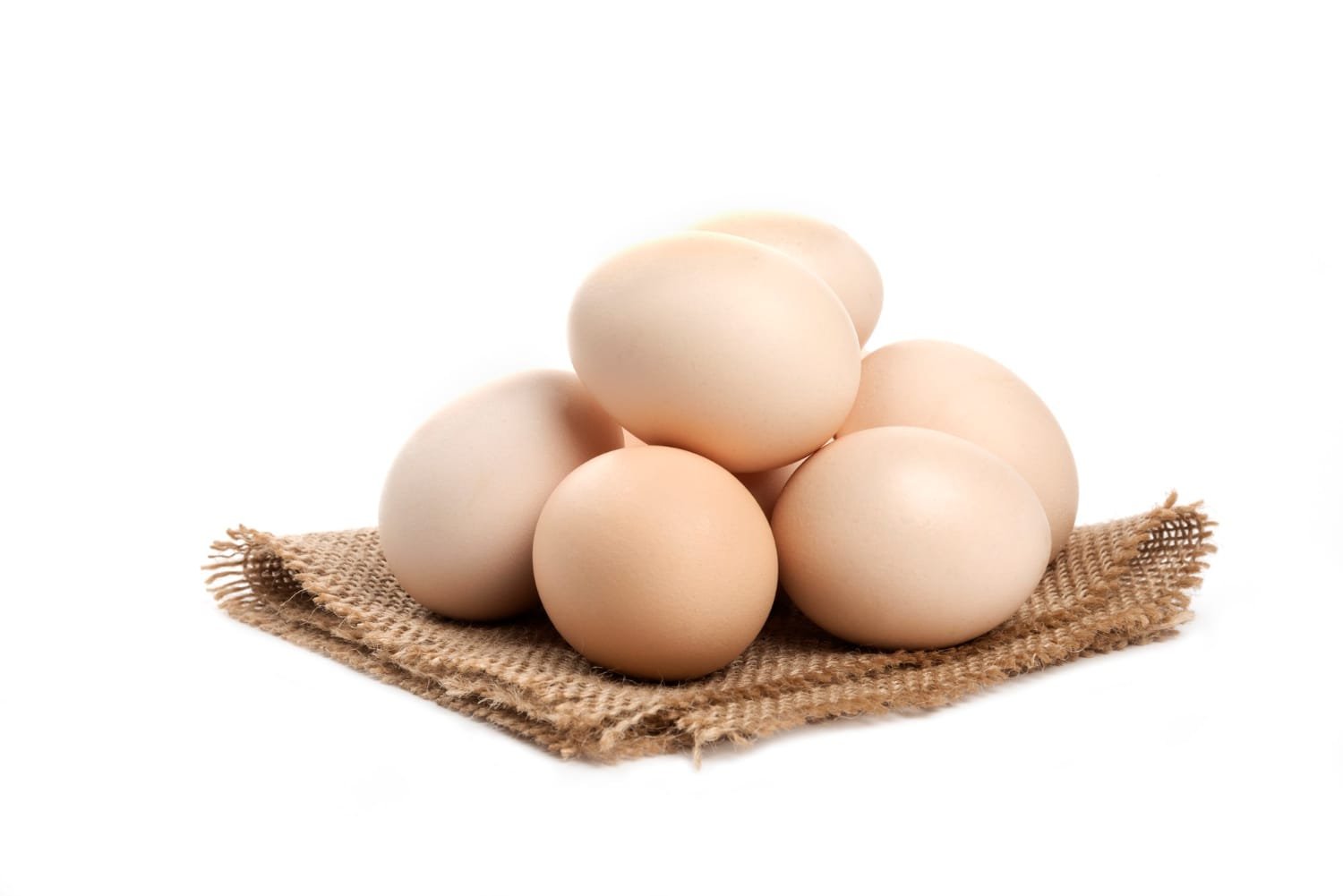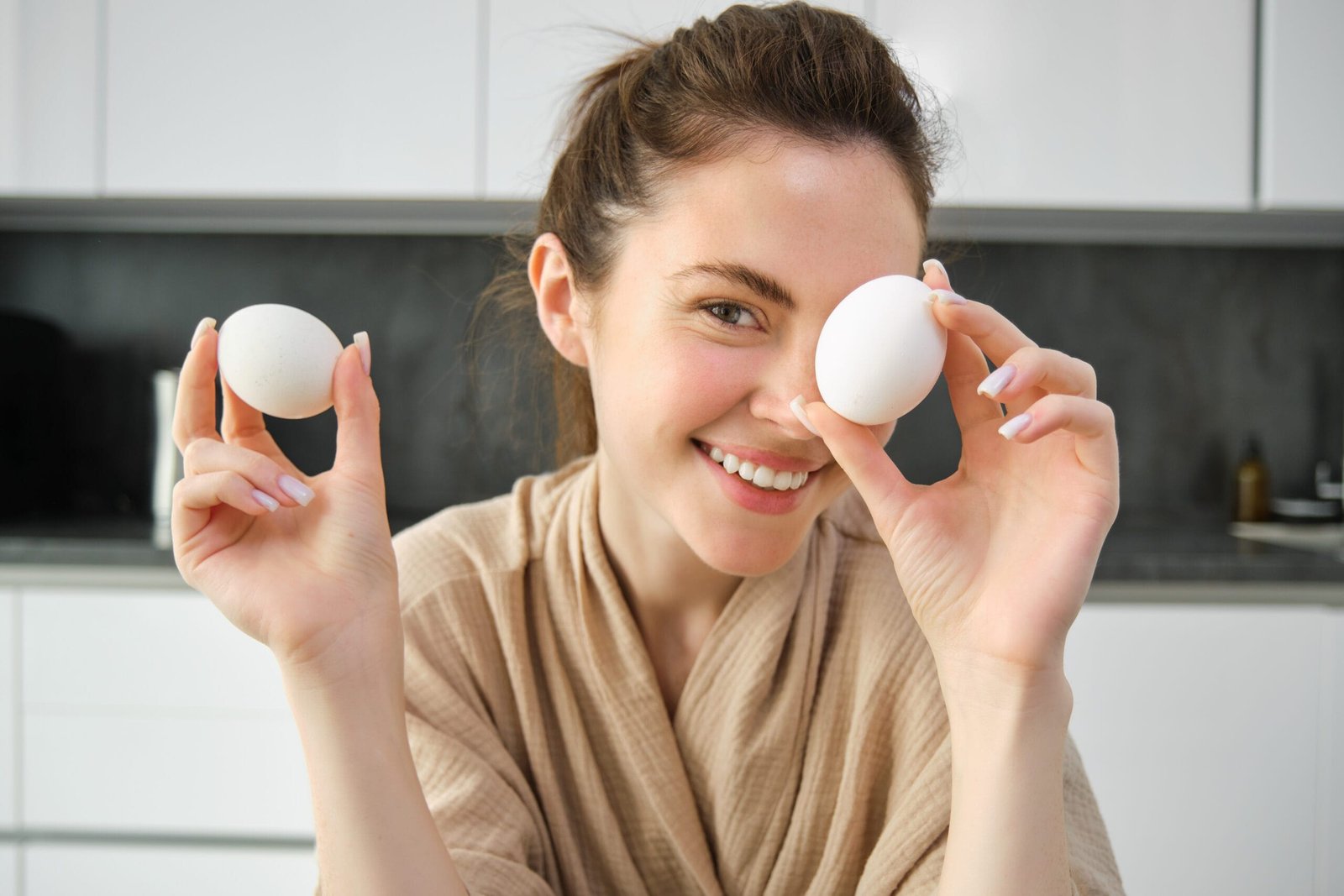Night Hair Care Routine: Healthy and shiny hair is something everyone desires. While daytime hair care is important, what you do at night can make a huge difference in the health and strength of your hair. Hair goes through a lot during the day—exposure to dust, pollution, sun, heat, and styling products can weaken it. A proper night hair care routine not only protects your hair from damage but also supports growth, repair, and natural shine.
Many people underestimate nighttime hair care, thinking it is not as important as washing or styling in the morning. However, the scalp and hair are more receptive to nourishment and repair while you sleep. Following a consistent night routine can reduce hair fall, prevent split ends, and leave your hair softer and smoother. In this article, we will explore a detailed night hair care routine that you can follow to achieve stronger, shinier, and healthier hair naturally.
Best Night Hair Care Routine For Stronger Hair
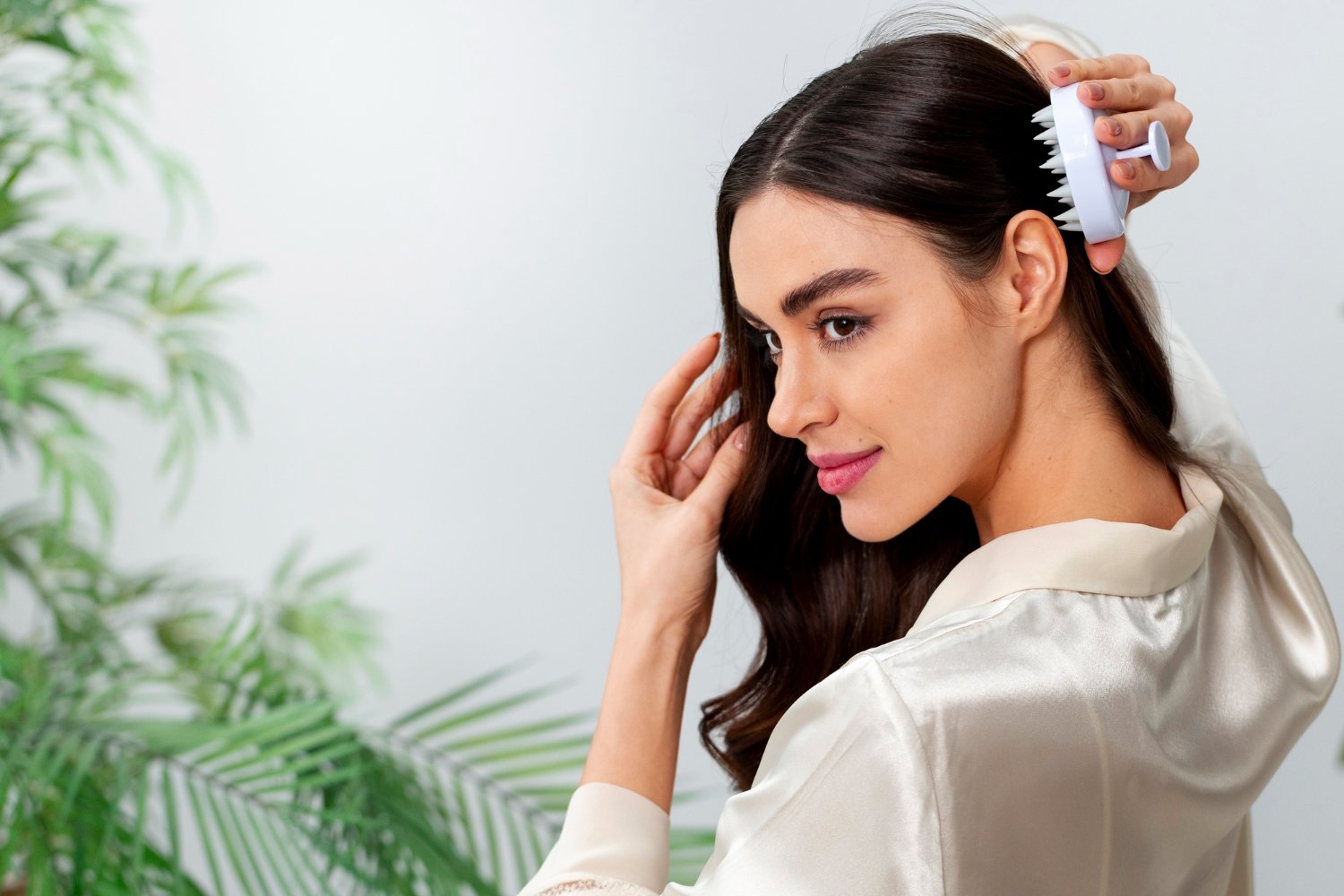
1. Brush or Detangle Gently Before Bed
Before going to bed, it is important to detangle your hair gently. Brushing hair before sleep helps remove knots and reduces breakage. Use a wide-tooth comb or a soft-bristle brush to avoid pulling and damaging your hair. Always start from the ends and work your way up to the roots.
Detangling also stimulates the scalp and improves blood circulation, which nourishes the hair follicles. Avoid brushing too aggressively as it can lead to split ends and hair fall. This simple step prepares your hair for the next stages of your night routine.
2. Oil Massage for Nourishment
One of the best practices for night hair care is an overnight oil massage. Oils like coconut, argan, almond, or castor oil provide deep nourishment to the hair shaft and roots. Warm the oil slightly and massage it into the scalp using circular motions for 5–10 minutes.
Leaving the oil overnight allows your hair to absorb its nutrients fully. Oils strengthen hair, prevent dryness, and improve natural shine. They also protect hair from friction with the pillow while sleeping, reducing breakage and split ends. For best results, wrap your hair in a silk scarf or use a silk pillowcase to lock in moisture.
3. Choose the Right Pillowcase
The fabric of your pillowcase plays an important role in hair health. Cotton pillowcases can cause friction, leading to tangles and frizz. Switching to a silk or satin pillowcase reduces friction, keeping hair smooth and preventing breakage.
Silk pillowcases also help retain natural oils in your hair, which enhances moisture and shine. If a silk pillowcase is not available, wrapping your hair in a silk scarf before sleep can be equally effective.
4. Keep Hair Clean, But Not Overwashed
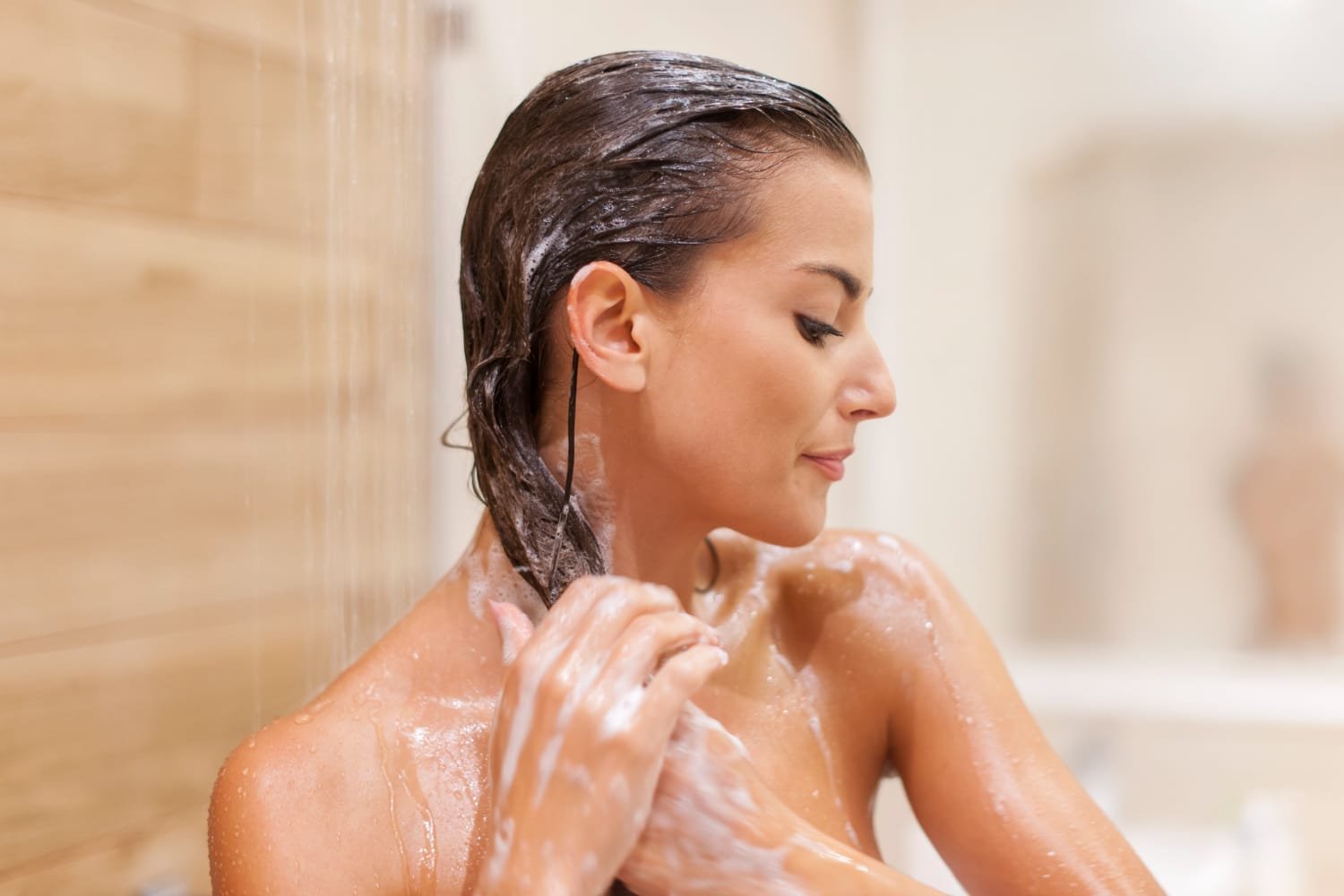
While night care is about nourishment, maintaining cleanliness is equally important. Avoid sleeping with heavy hair products, dirt, or sweat on your scalp, as it can clog hair follicles and cause dandruff or irritation.
However, over-washing at night is not recommended because it strips your scalp of natural oils. A mild shampoo once or twice a week, combined with oiling, provides a balanced routine. For those with oily hair, washing every 2–3 days is sufficient. The key is to keep the scalp clean without drying it out.
5. Protective Hairstyles at Night
Tying your hair tightly at night can cause tension and breakage. Instead, use loose hairstyles like a low braid, loose bun, or ponytail. This protects hair from tangling while sleeping and reduces friction with the pillow.
Loose braids are especially helpful for long hair as they prevent knots, split ends, and breakage. Avoid using elastic bands with metal parts, as they can snag the hair and cause damage.
6. Overnight Hair Masks
Applying an overnight hair mask once or twice a week can boost your hair health significantly. Natural masks made from ingredients like yoghurt, honey, aloe vera, or avocado provide deep hydration and nourishment.
Leave the mask on your hair for several hours or overnight, then wash it off in the morning with a mild shampoo. These masks repair damage caused by heat styling, pollution, and UV exposure, making your hair stronger and shinier.
7. Avoid Sleeping With Wet Hair
Sleeping with wet hair can lead to breakage and fungal infections on the scalp. When hair is wet, it is more fragile and prone to damage from friction with the pillow.
If you need to wash your hair at night, try to air-dry it or use a hair dryer on a cool setting. If drying completely is not possible, braid your hair loosely to prevent tangling while you sleep.
8. Maintain a Healthy Diet

Night hair care is not only about external treatment. What you eat affects your hair health as well. Foods rich in protein, omega-3 fatty acids, vitamins A, C, D, and E, and minerals like zinc and iron help strengthen hair from within.
Eating a balanced diet with nutrient-rich foods ensures your body has the building blocks it needs for hair repair and growth while you sleep. Staying hydrated also helps maintain hair moisture and natural shine.
9. Avoid Excess Heat and Chemicals
Daily use of heat styling tools, hair sprays, or chemical treatments can damage hair over time. Night care is an ideal time to give your hair a break from these harsh treatments.
Instead, let your hair rest and recover overnight. Use natural oils, gentle brushing, and protective hairstyles to maintain strength and reduce damage. Regular breaks from heat and chemicals improve texture, shine, and overall hair health.
10. Consistency is Key
A night hair care routine works best when followed consistently. Skipping days or applying remedies irregularly reduces their effectiveness. Dedicate a few minutes each night to brushing, oiling, protective hairstyles, and hydration, and you will gradually see stronger, shinier, and healthier hair.
Patience is important because hair growth and repair take time. With a consistent routine, you can prevent split ends, reduce hair fall, and maintain scalp health, all of which contribute to long-lasting hair beauty.
Final Thoughts
Night hair care is often overlooked, but it can make a significant difference in the health and appearance of your hair. By incorporating simple steps like gentle detangling, oil massage, protective hairstyles, overnight masks, and proper nutrition, you can repair and strengthen your hair naturally.
Remember, healthy hair is not just about products; it’s about habits, care, and patience. Start with small, manageable steps tonight and build a routine that suits your hair type and lifestyle. Over time, you will notice your hair becoming stronger, shinier, and more resilient to damage.
Taking care of your hair at night ensures that every day starts with hair that looks and feels its best.
Images: Freepik
10 Serious Side Effects of Drinking Alcohol Every Day You Must Know!




